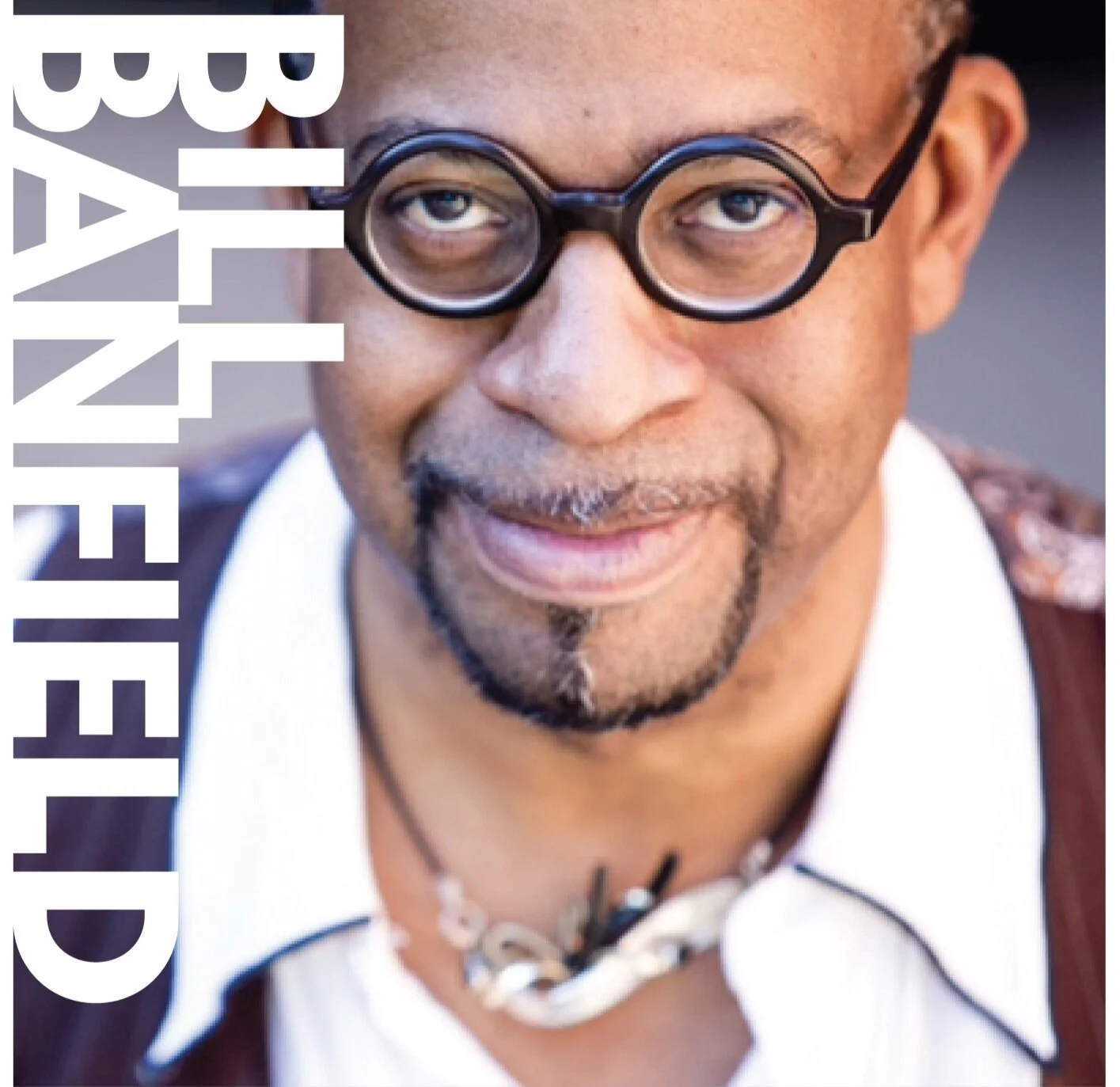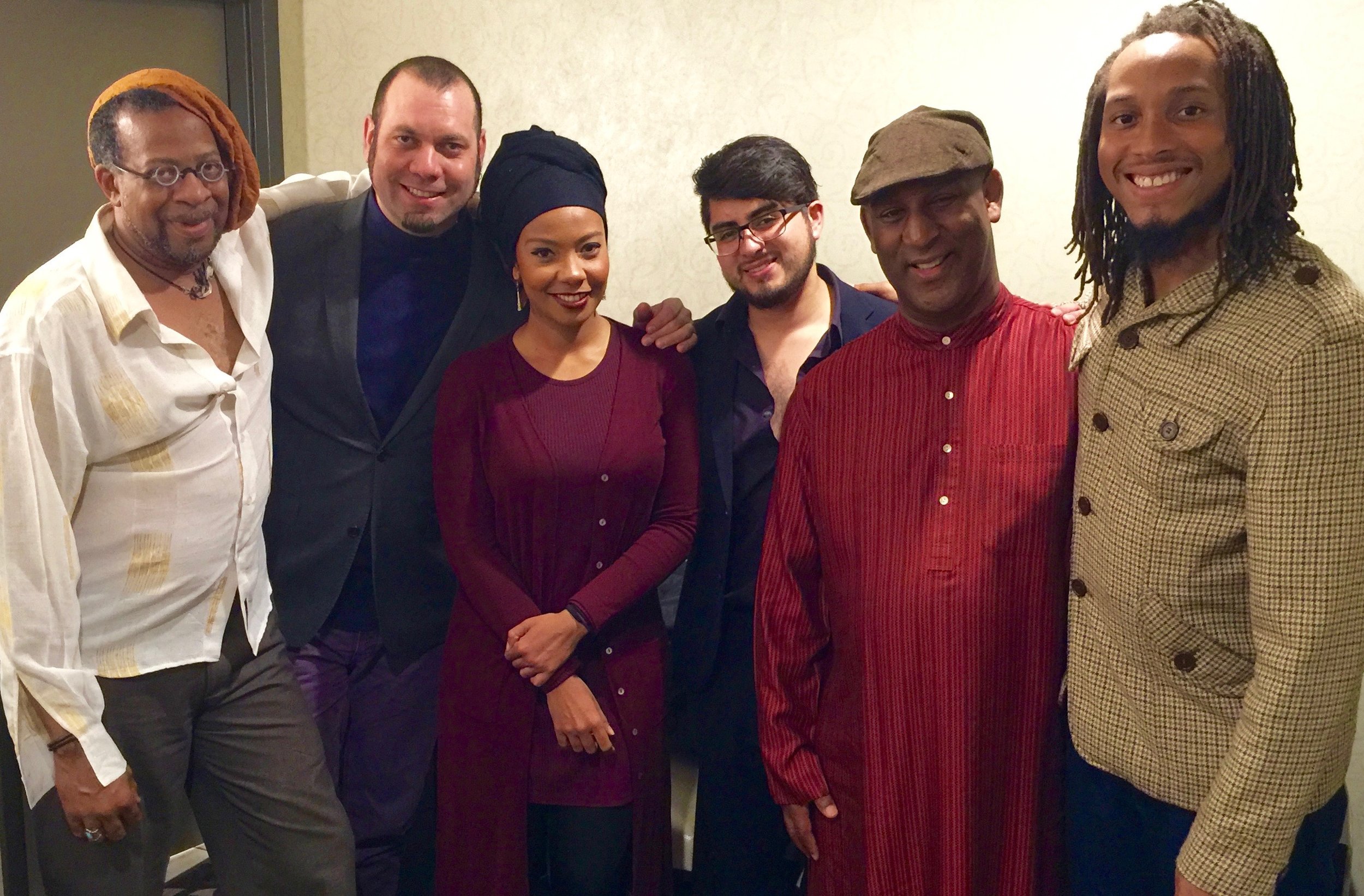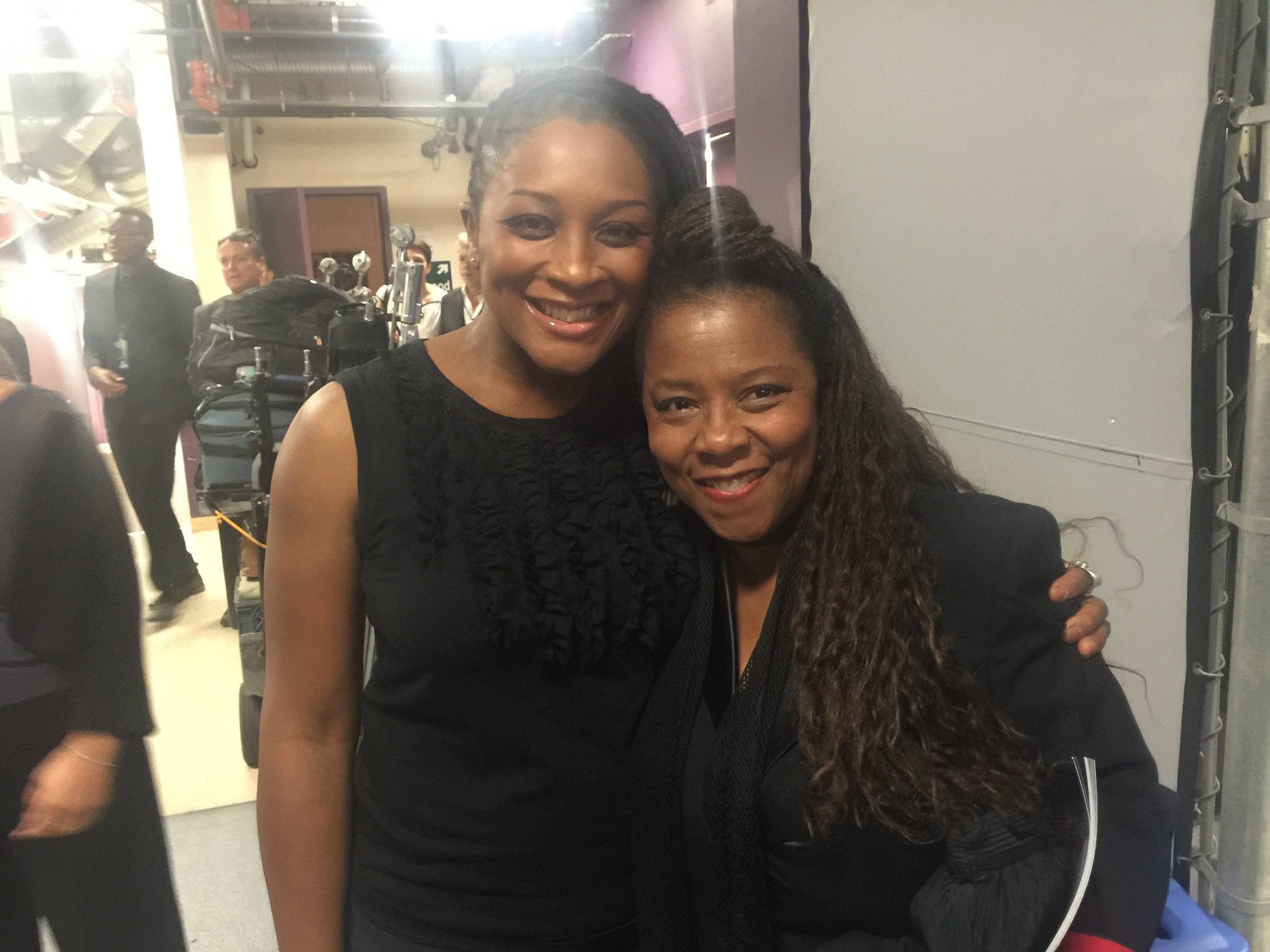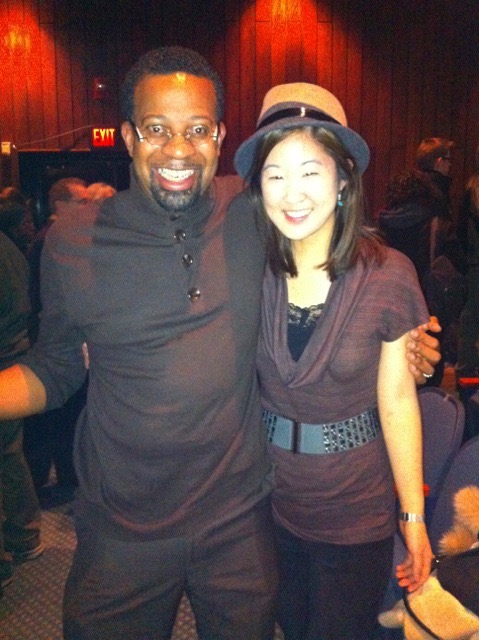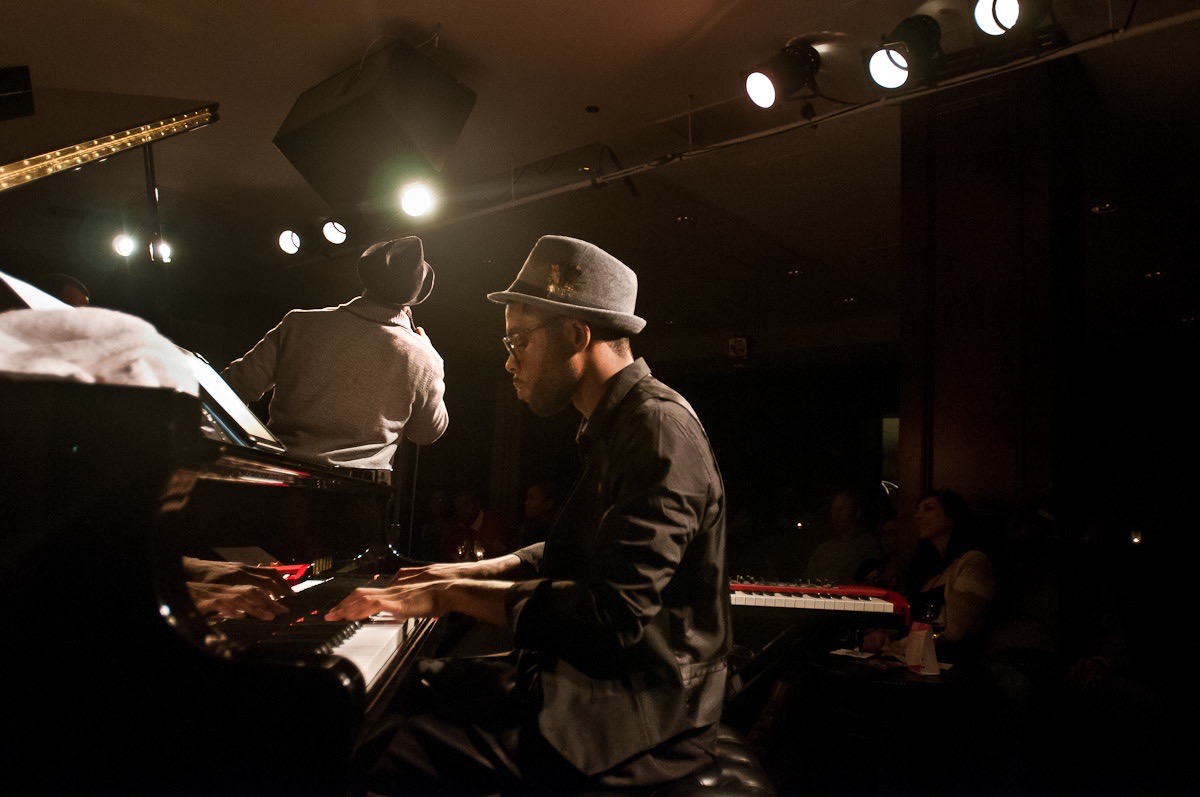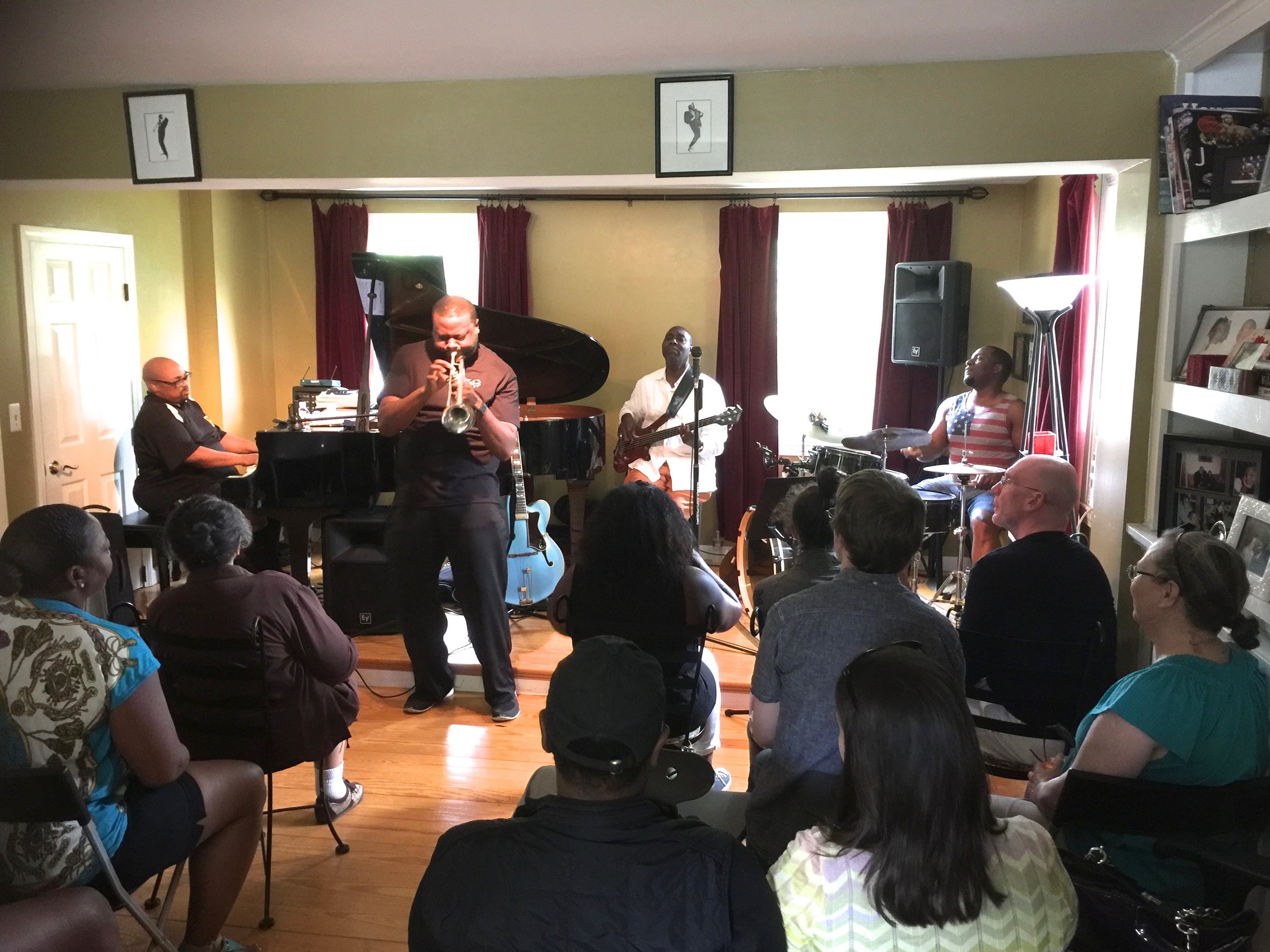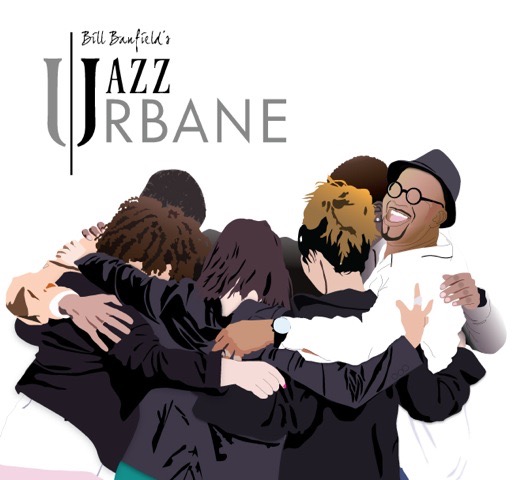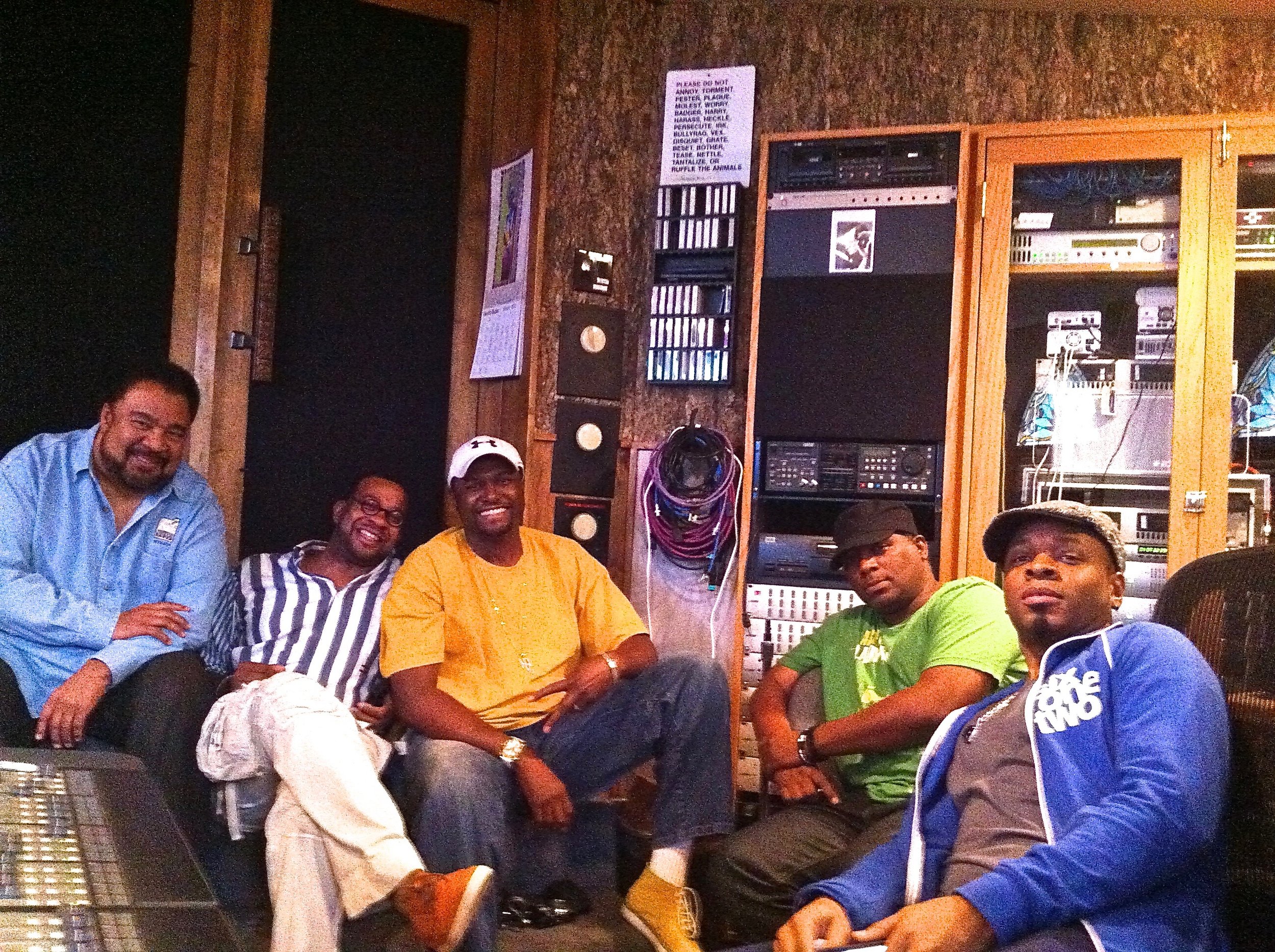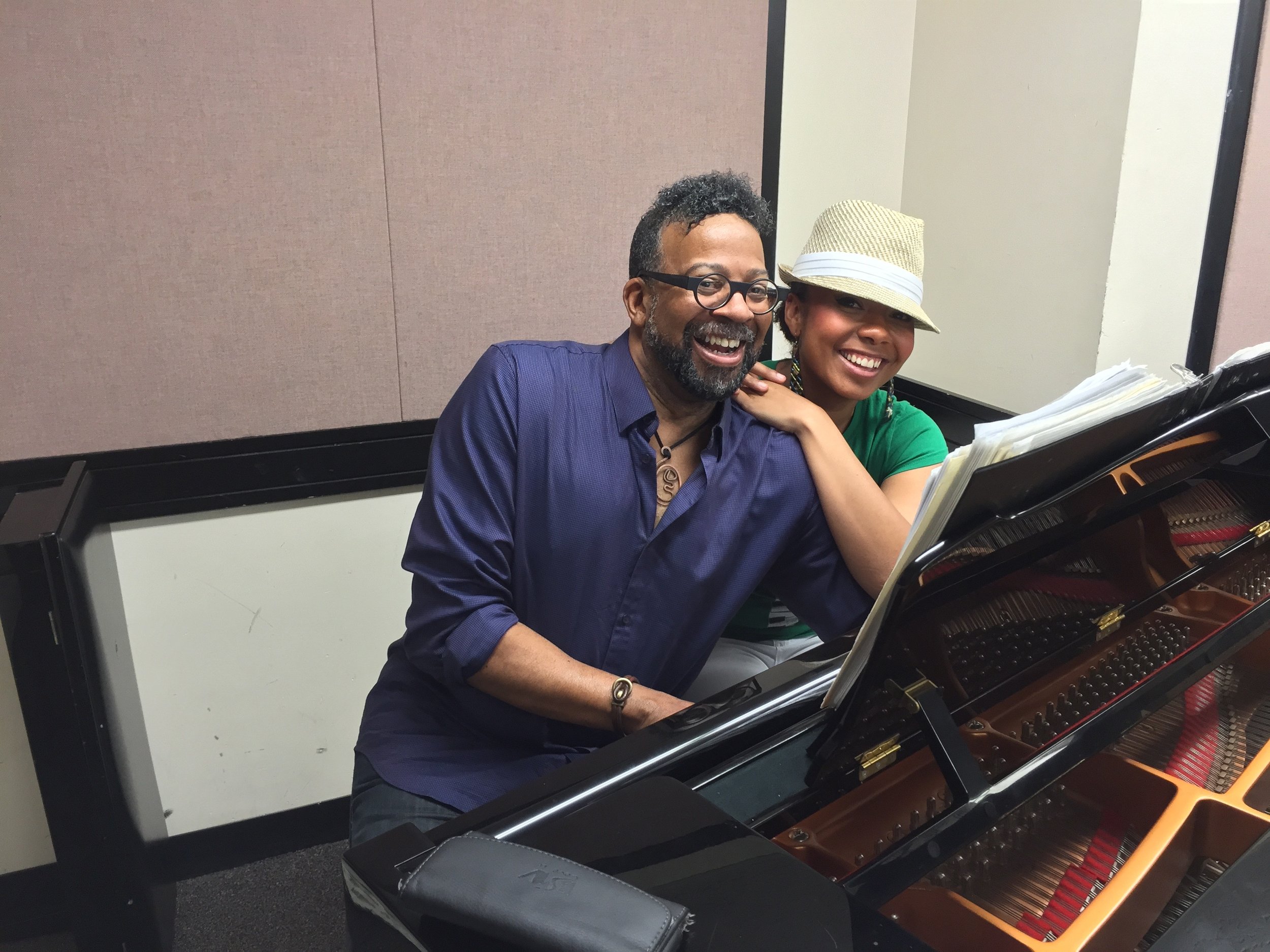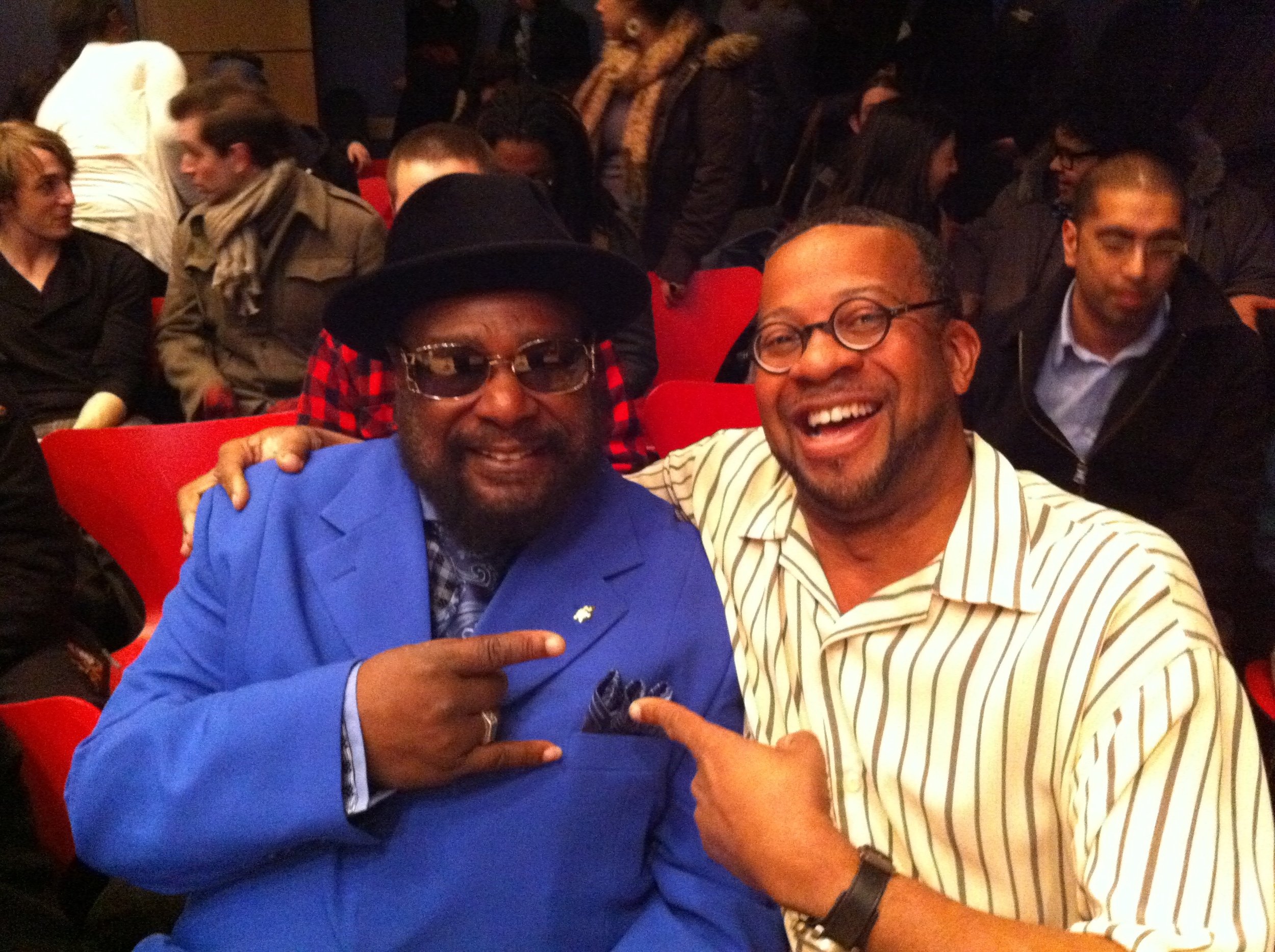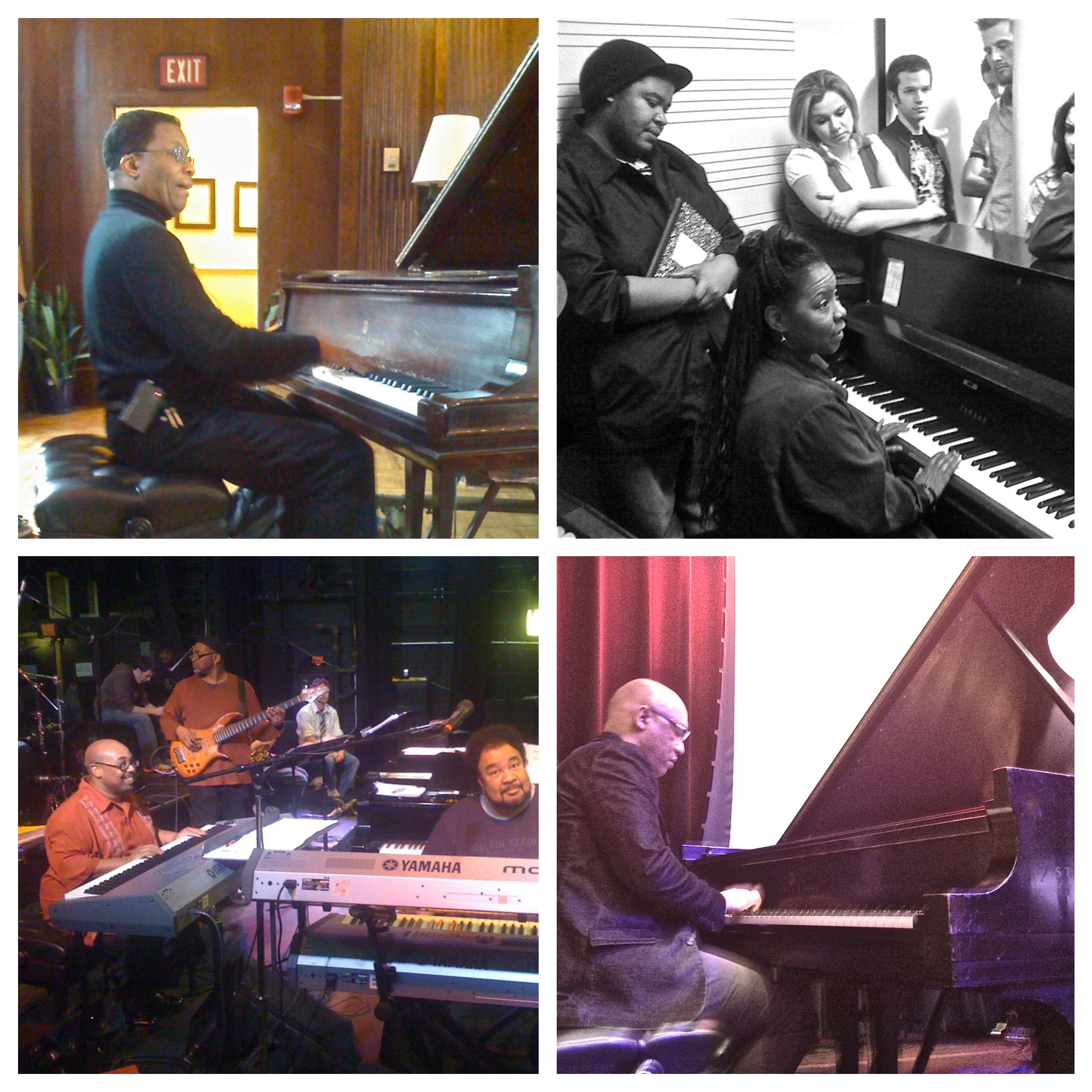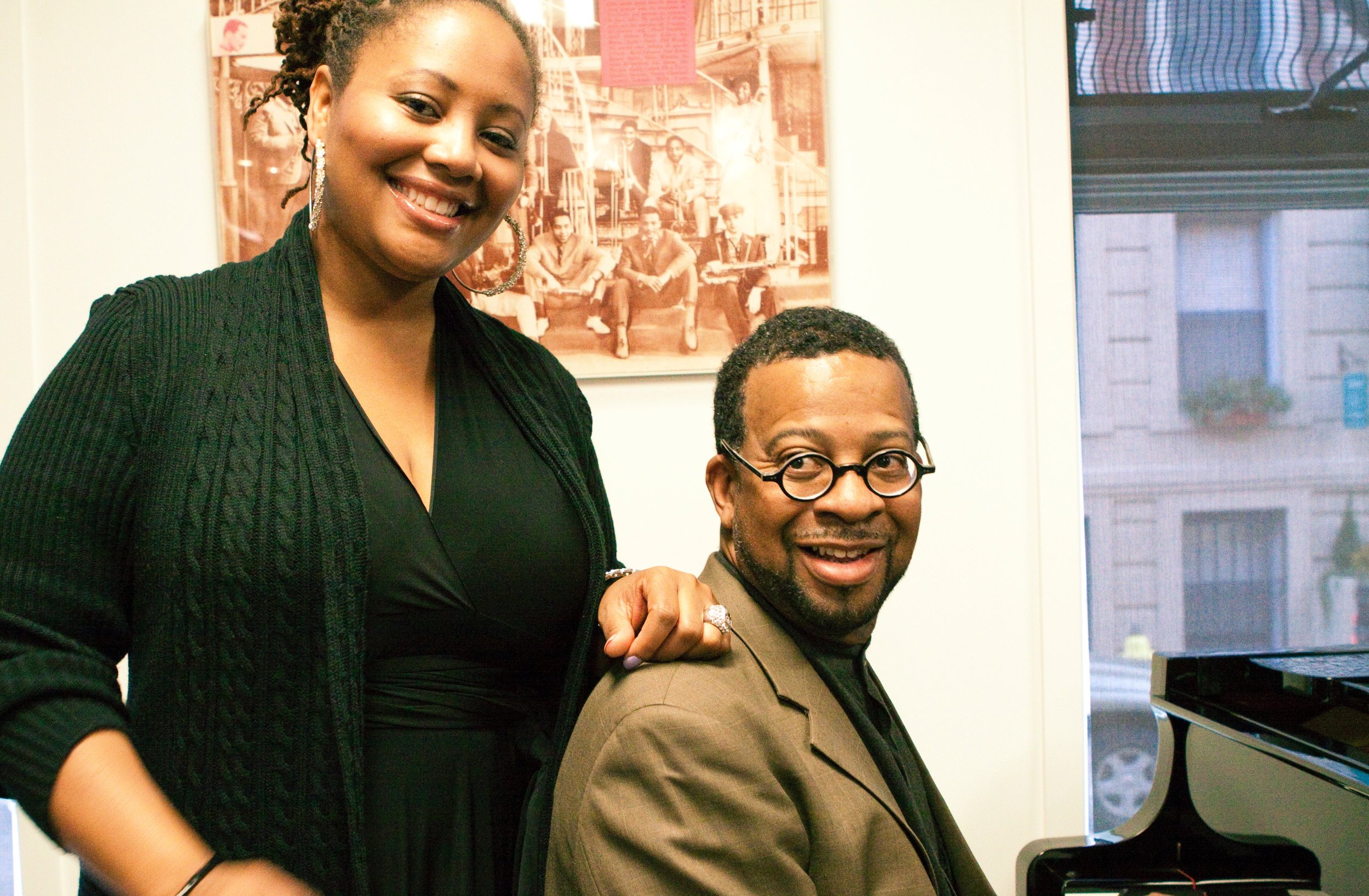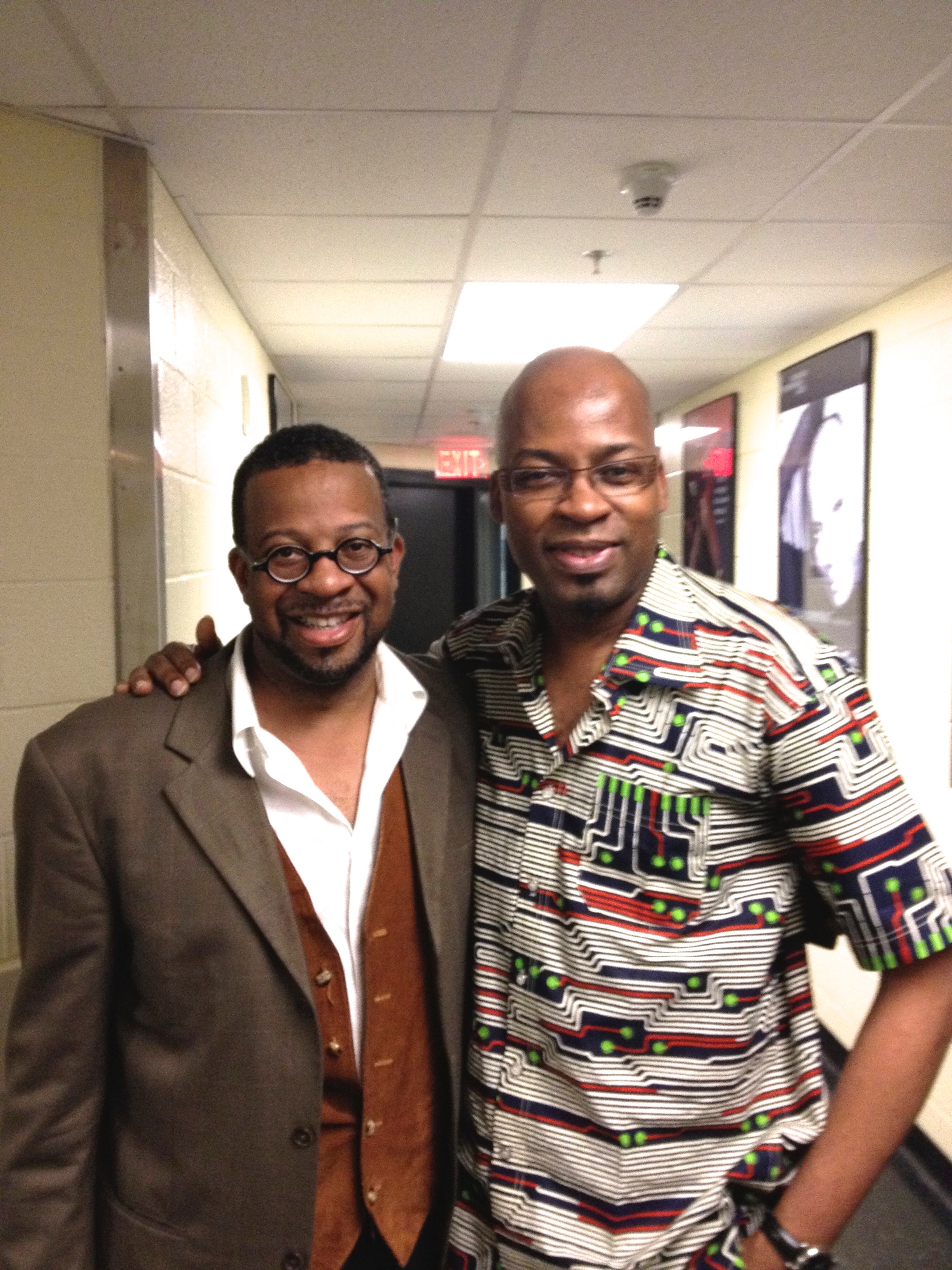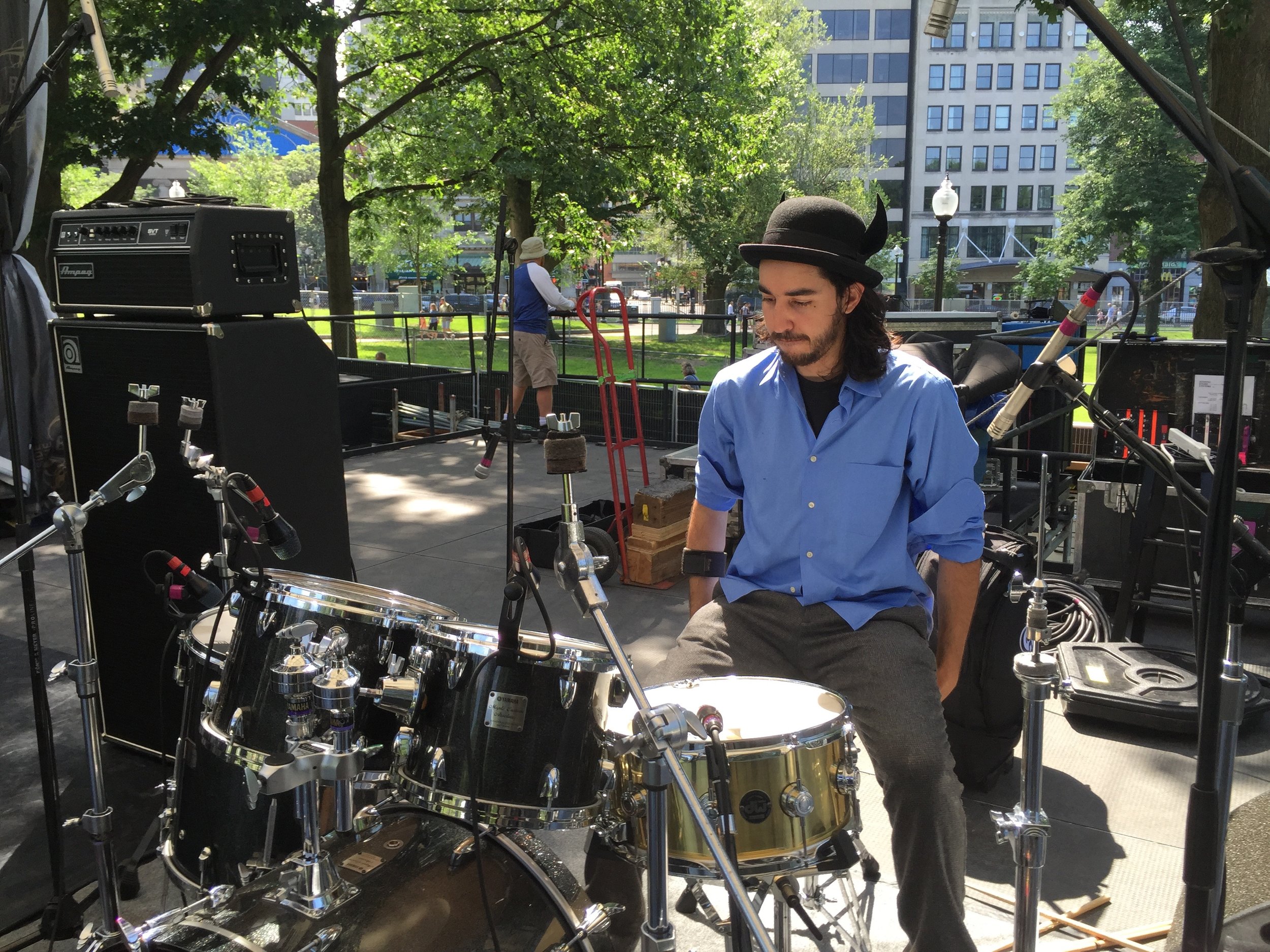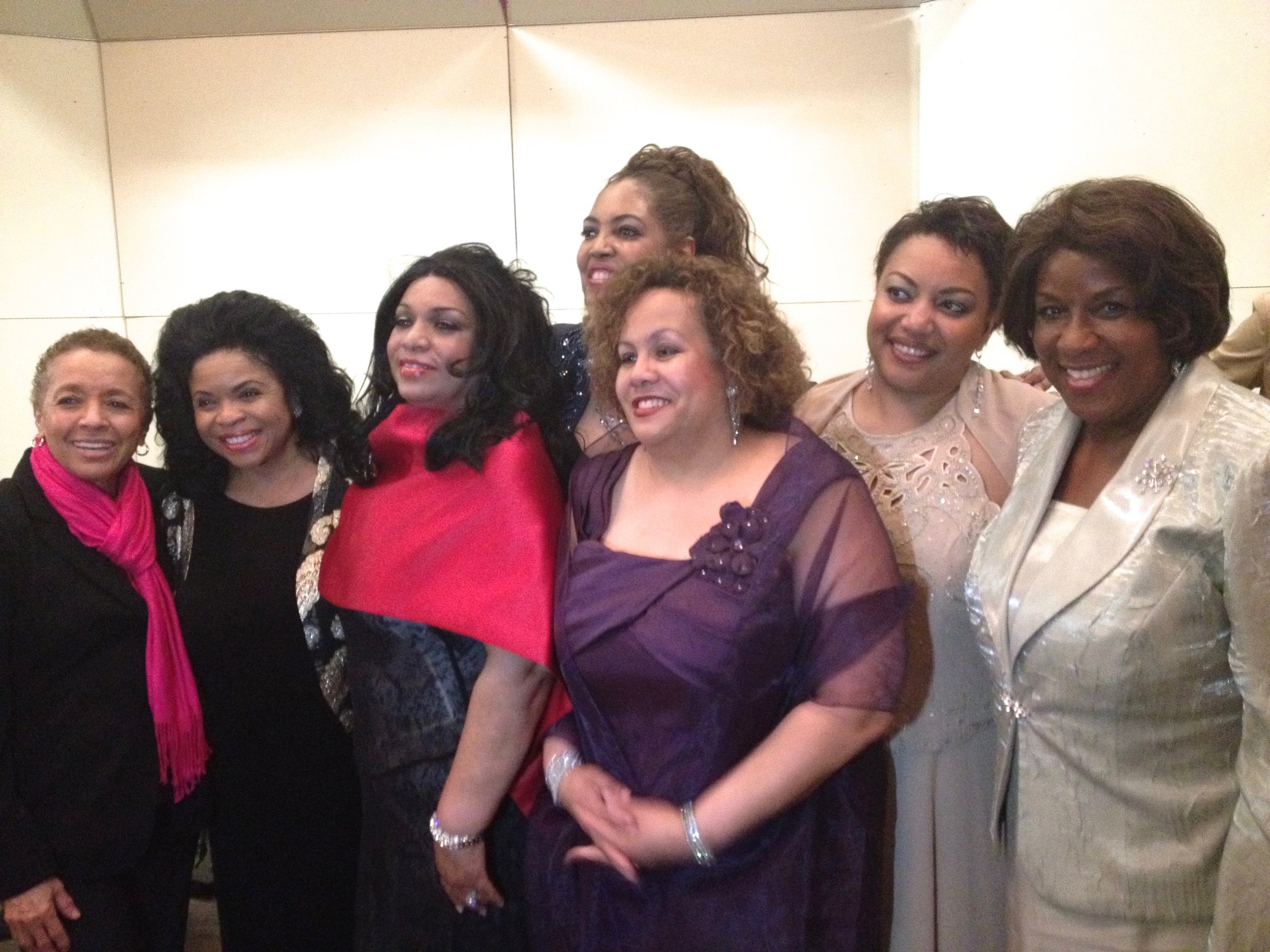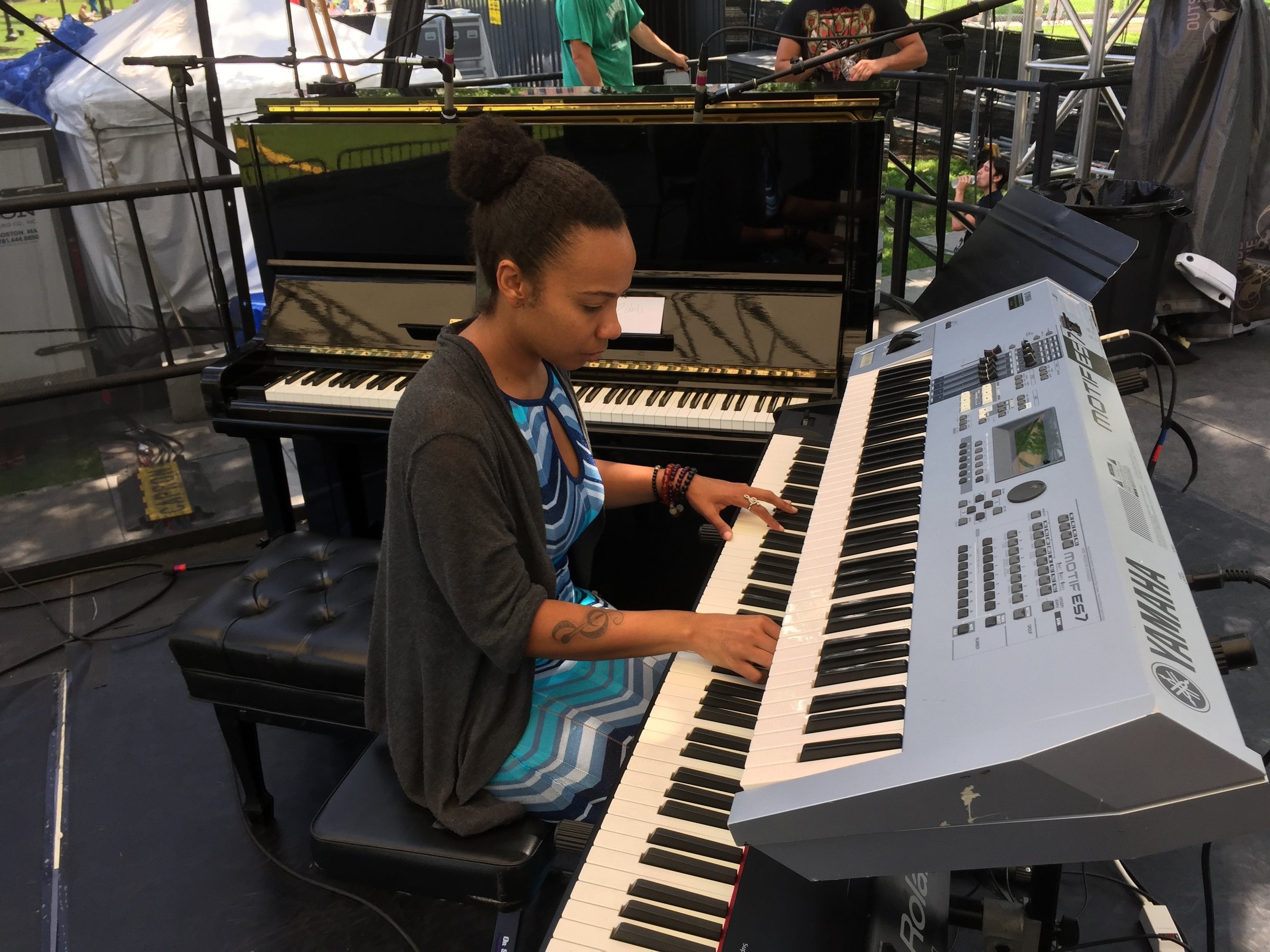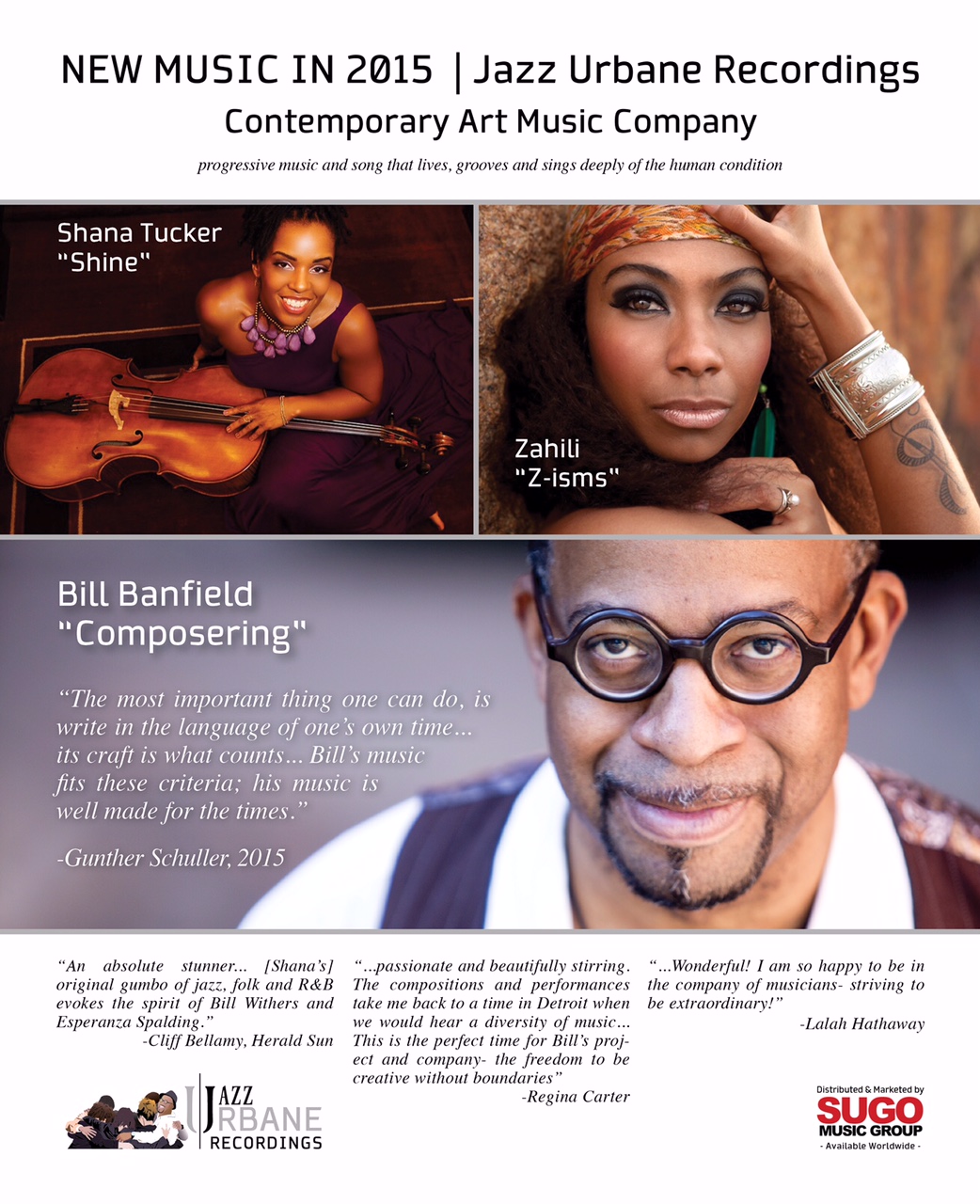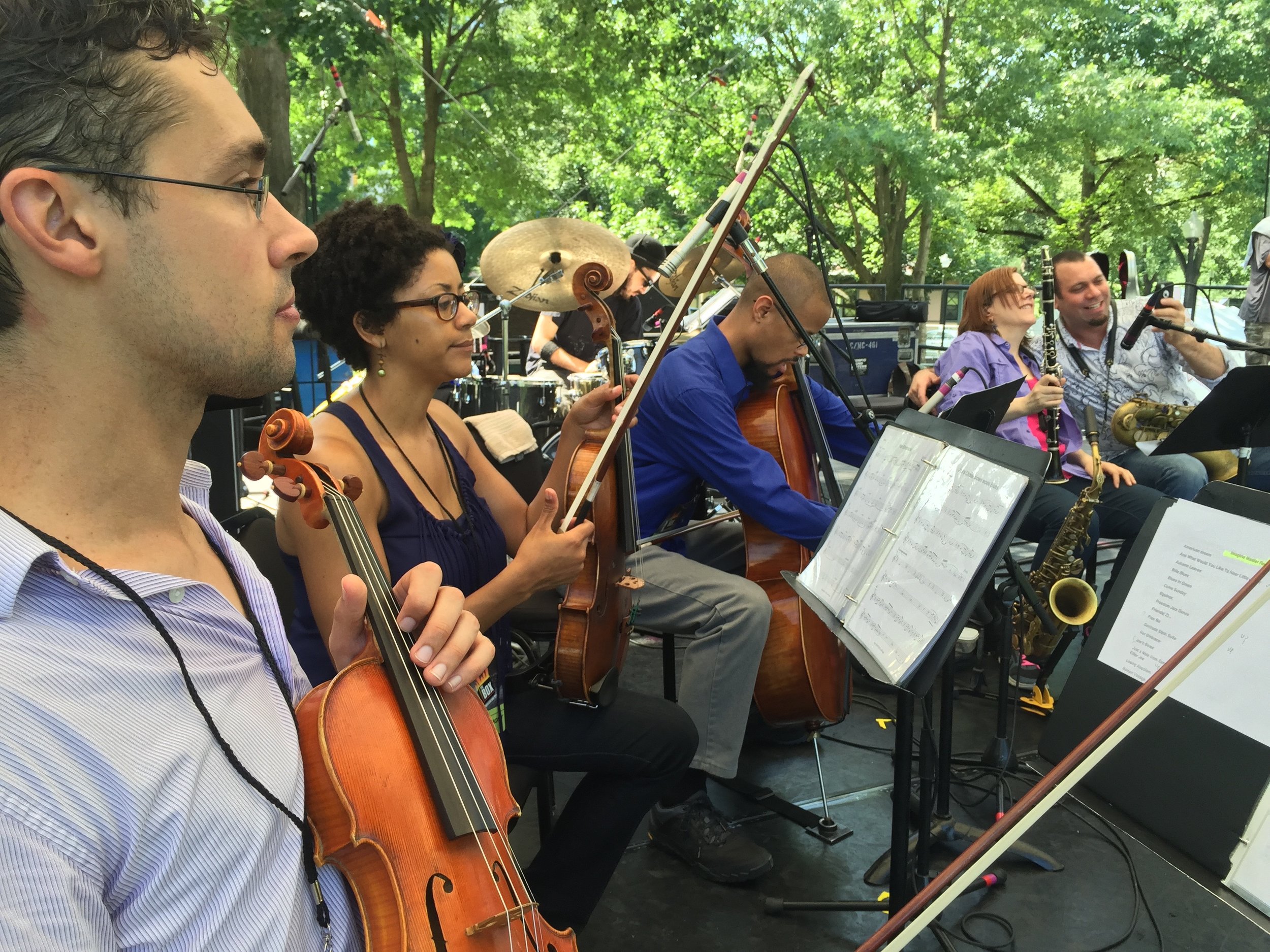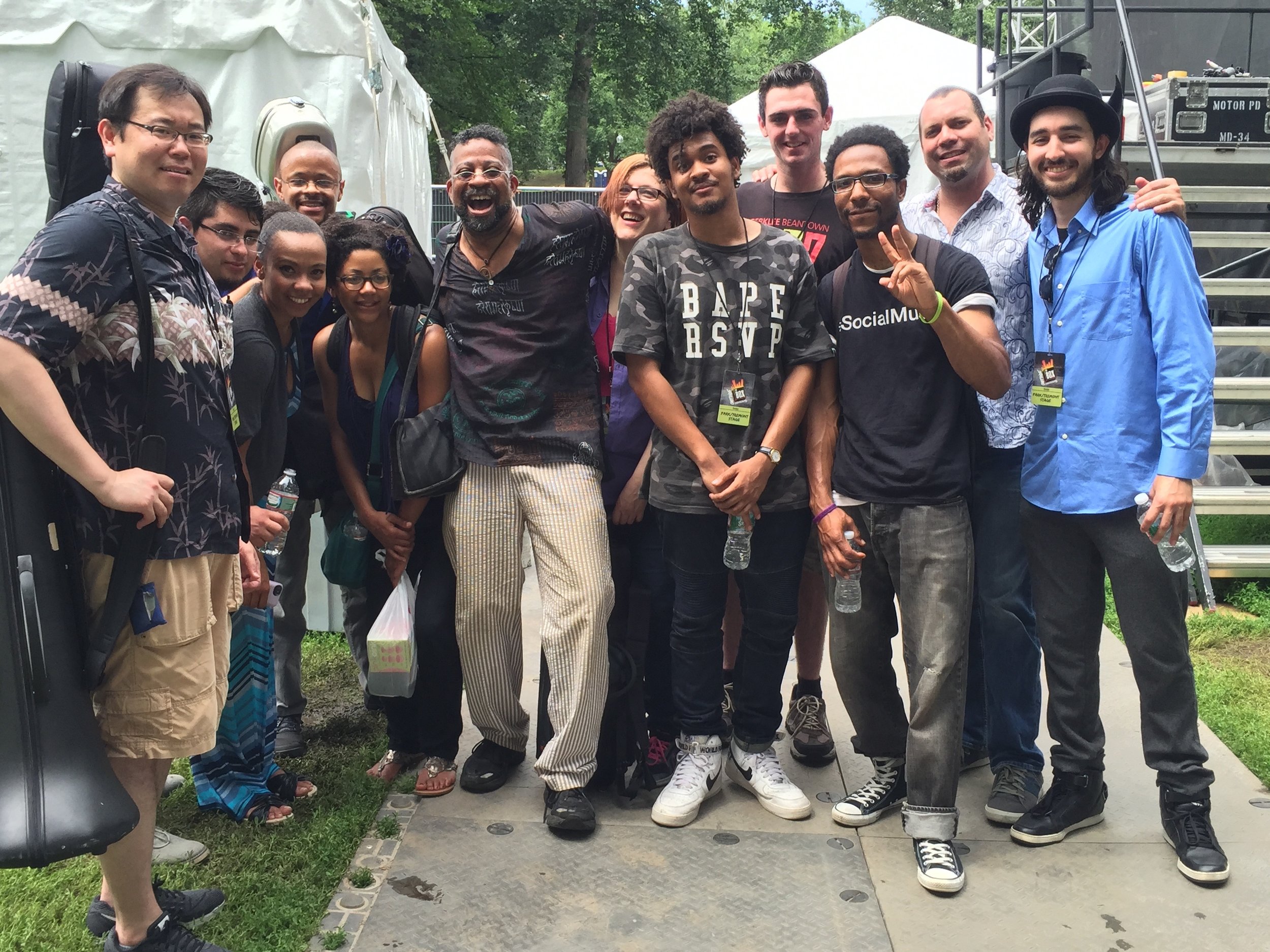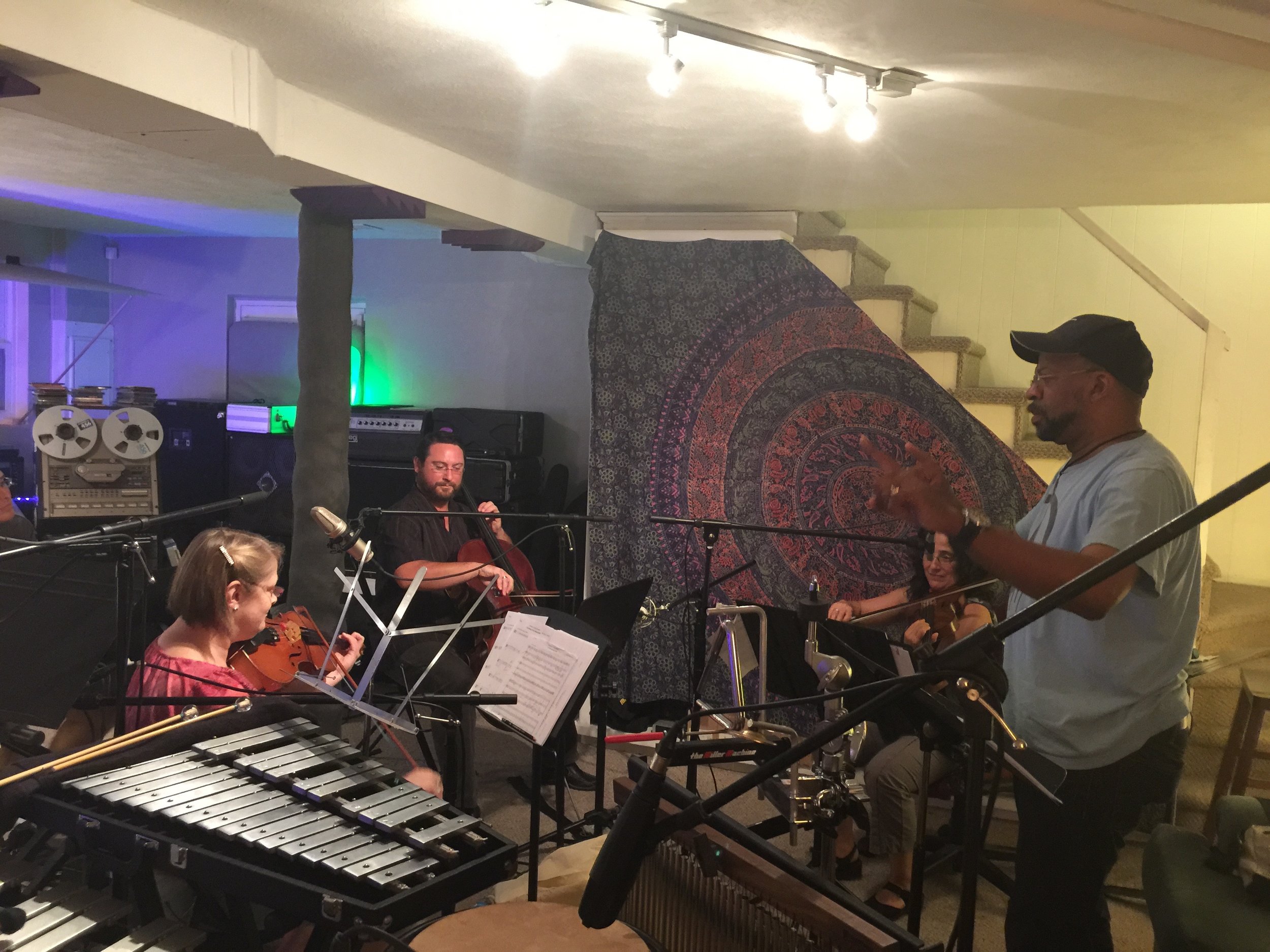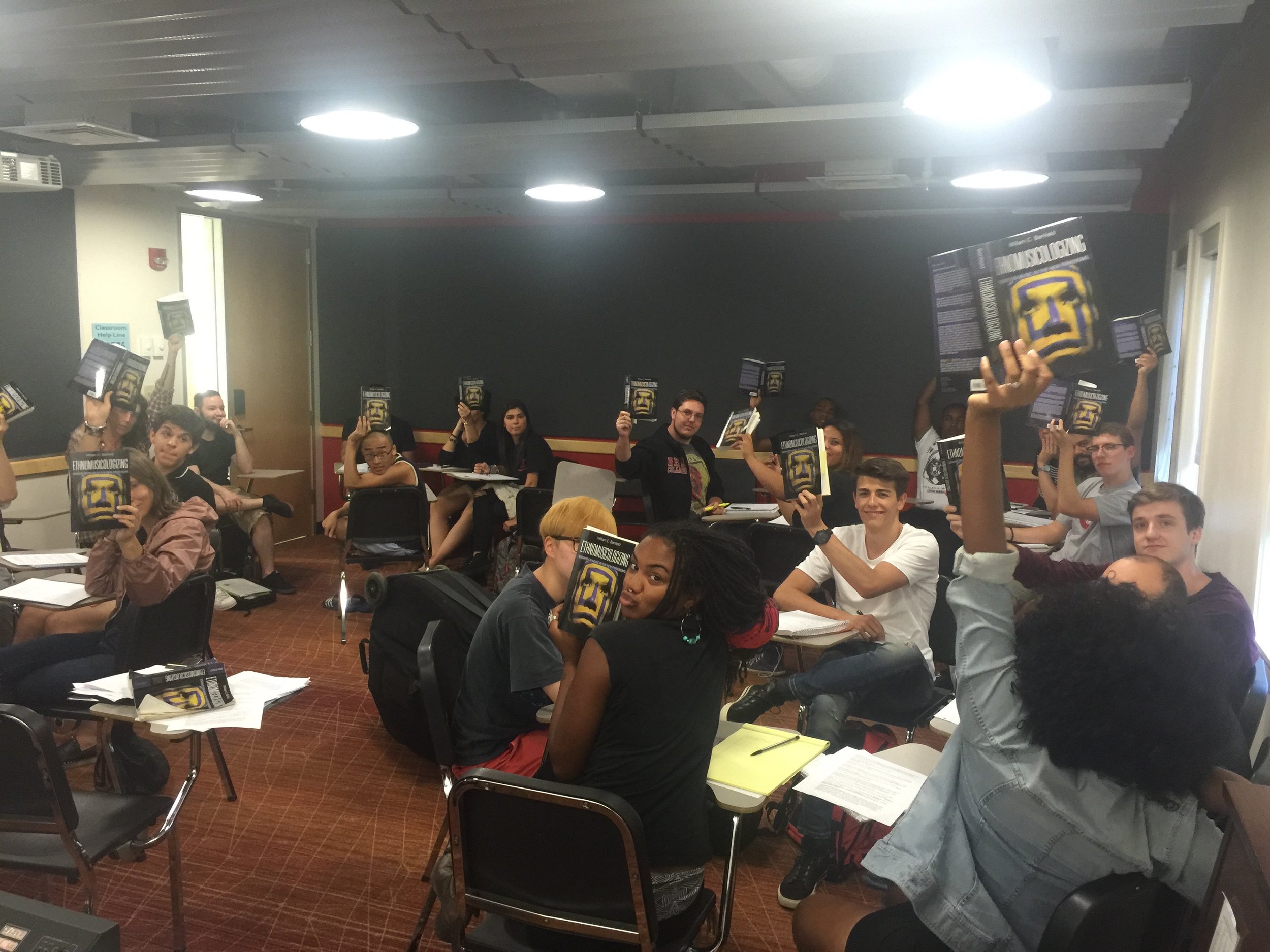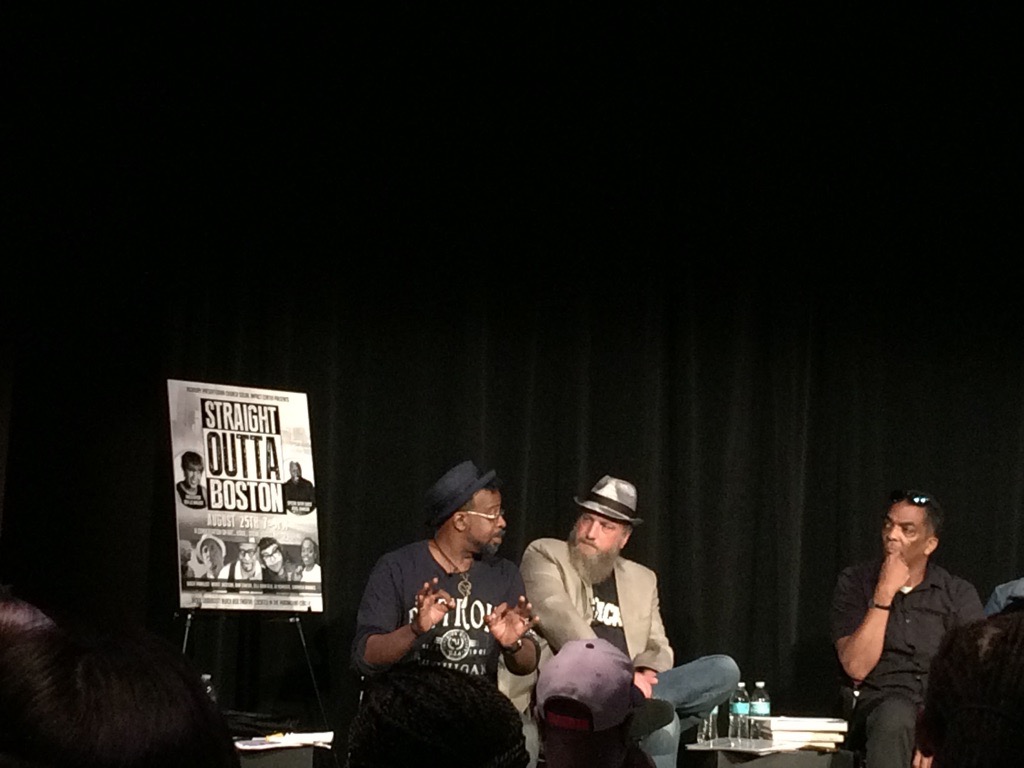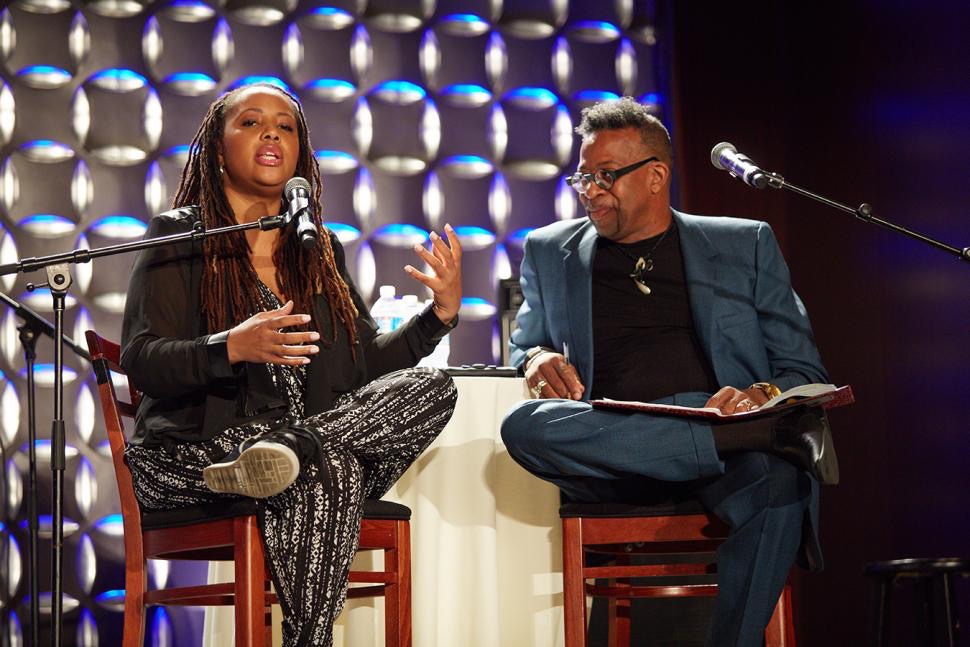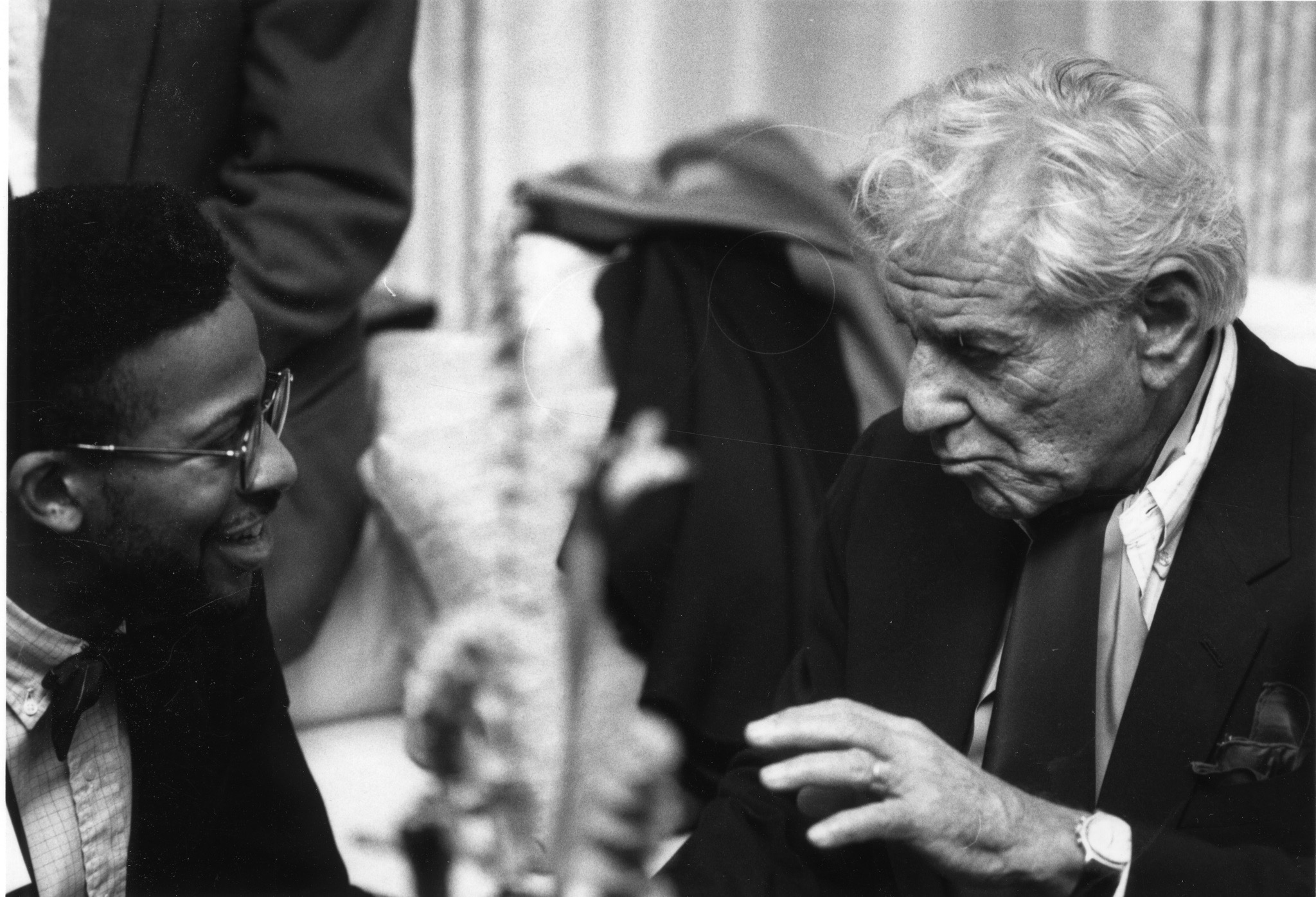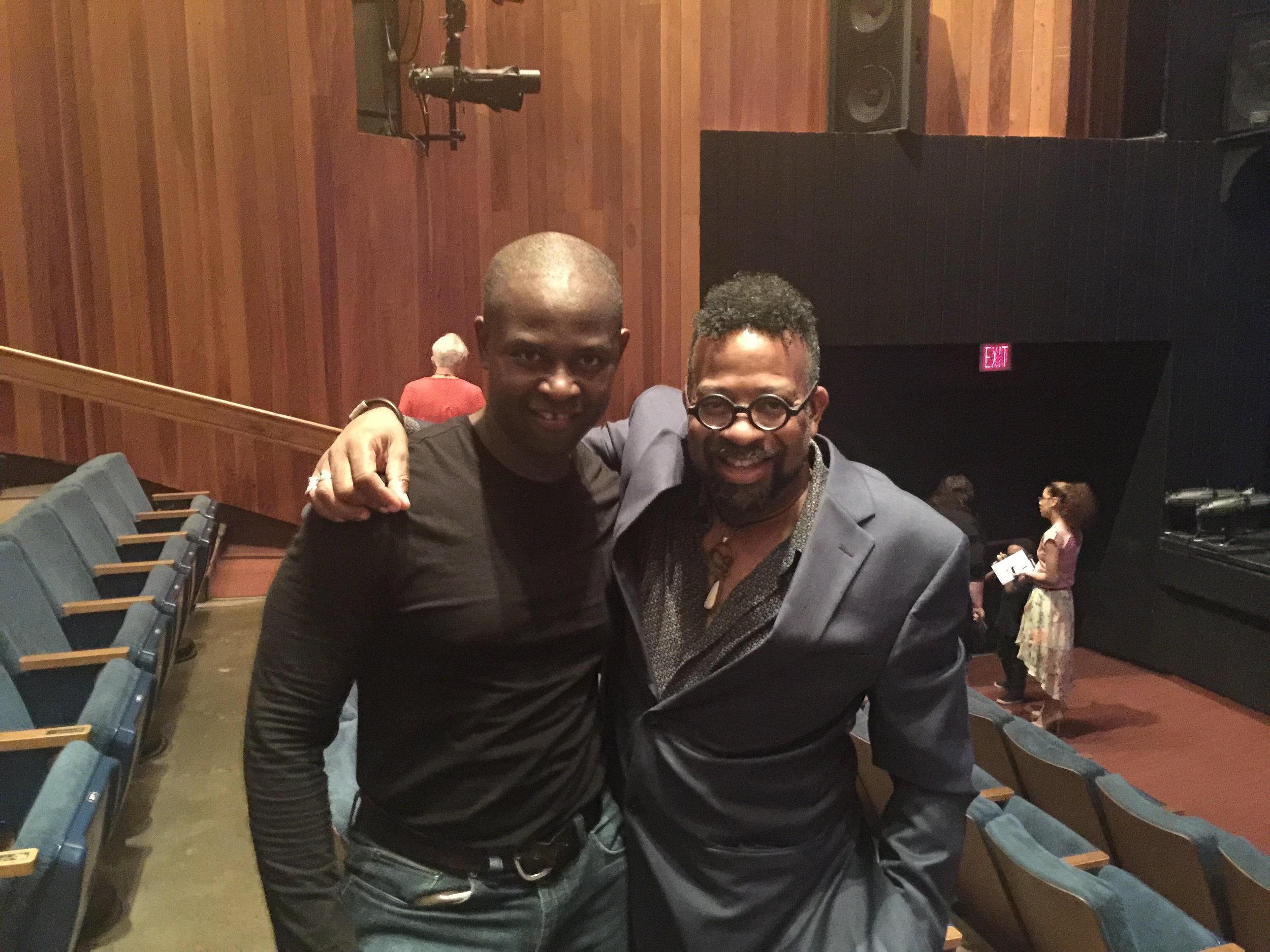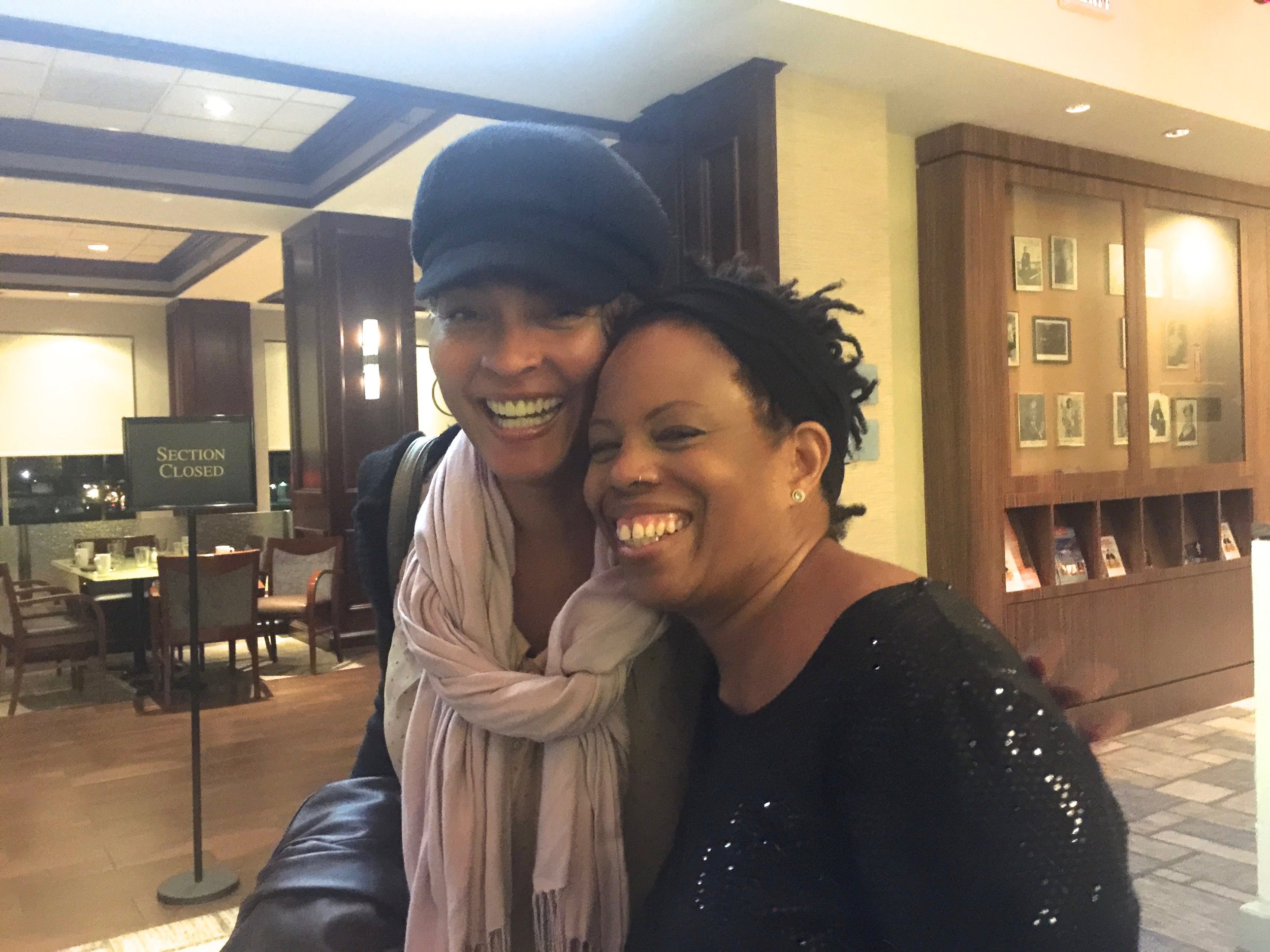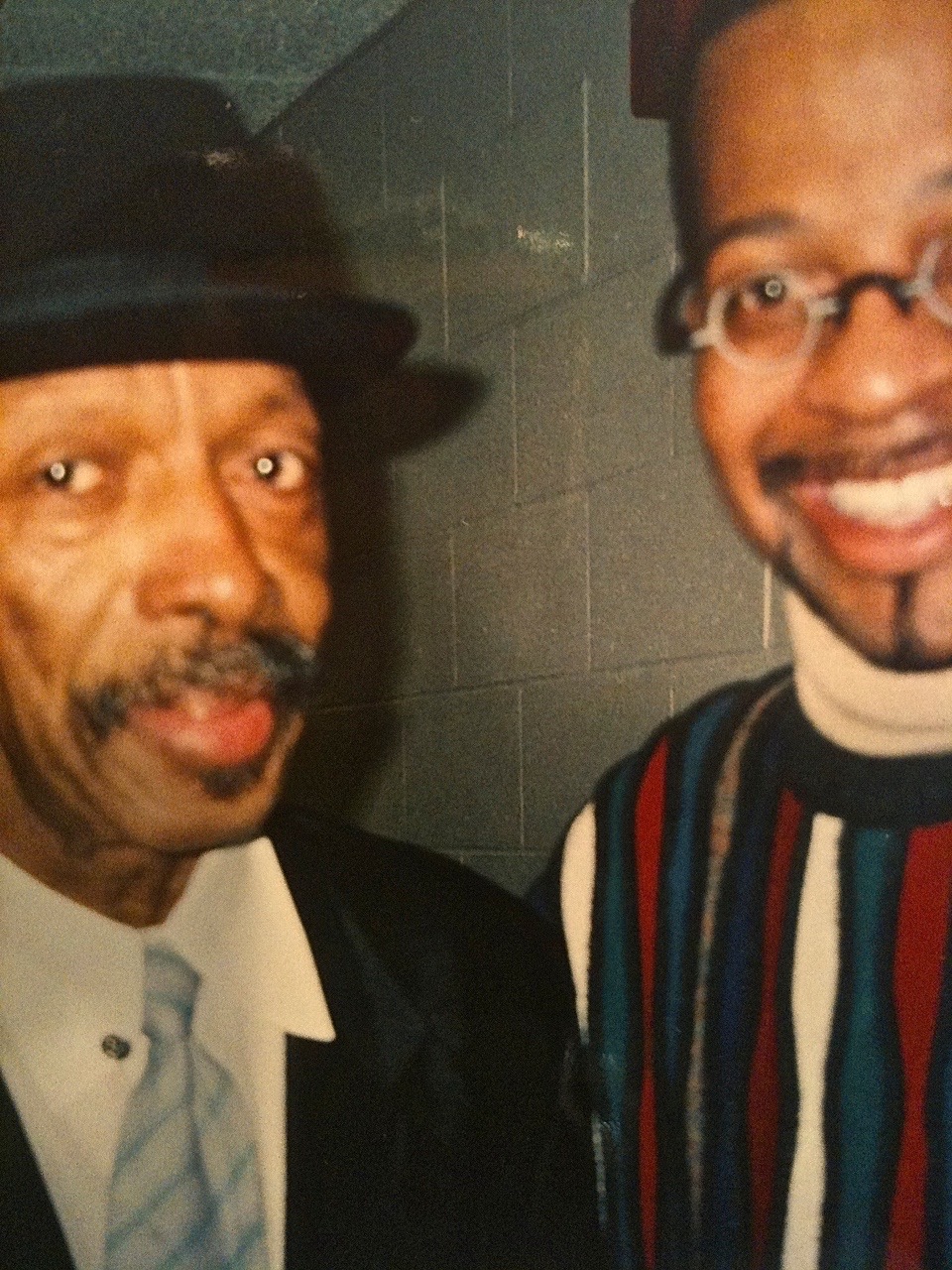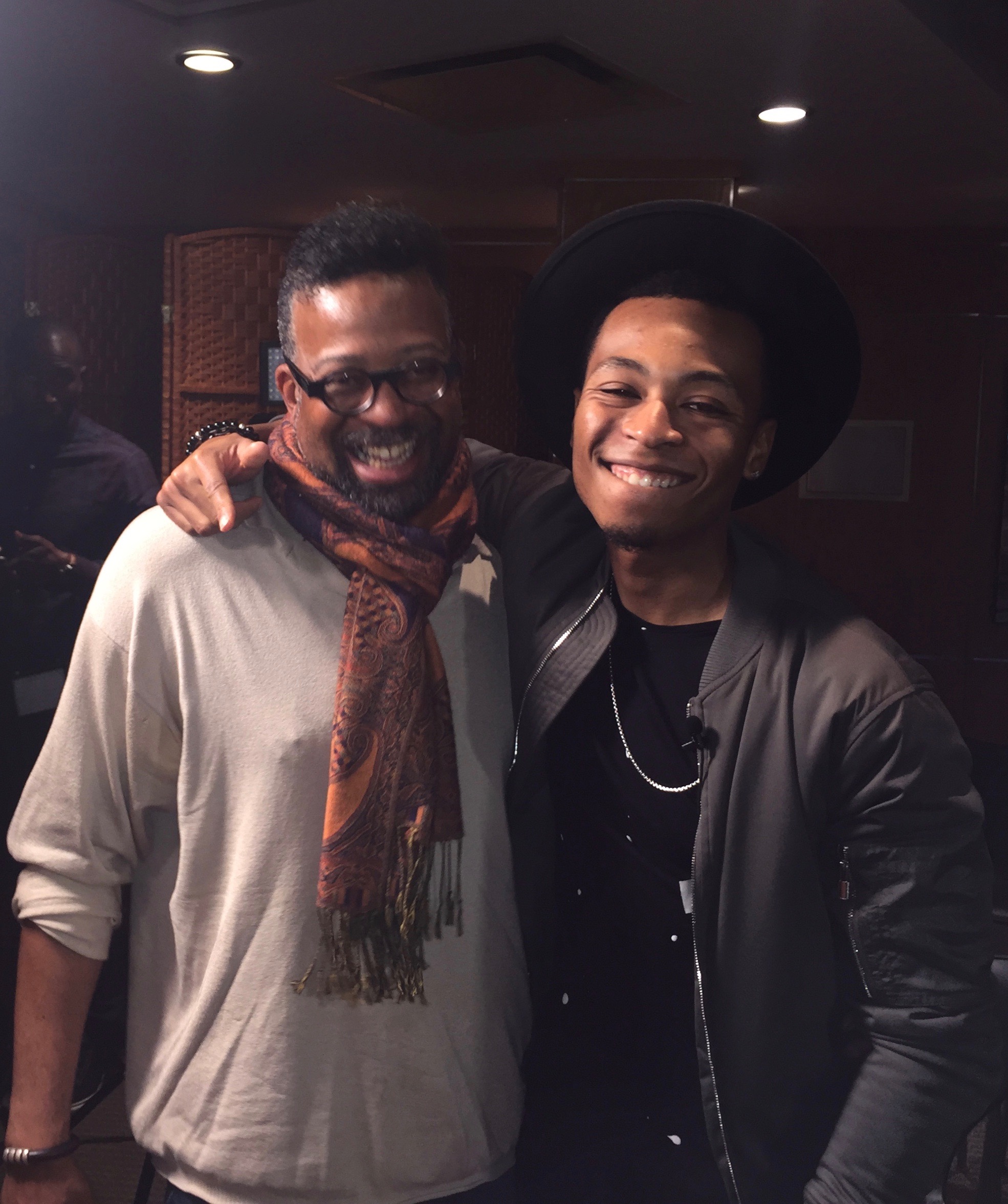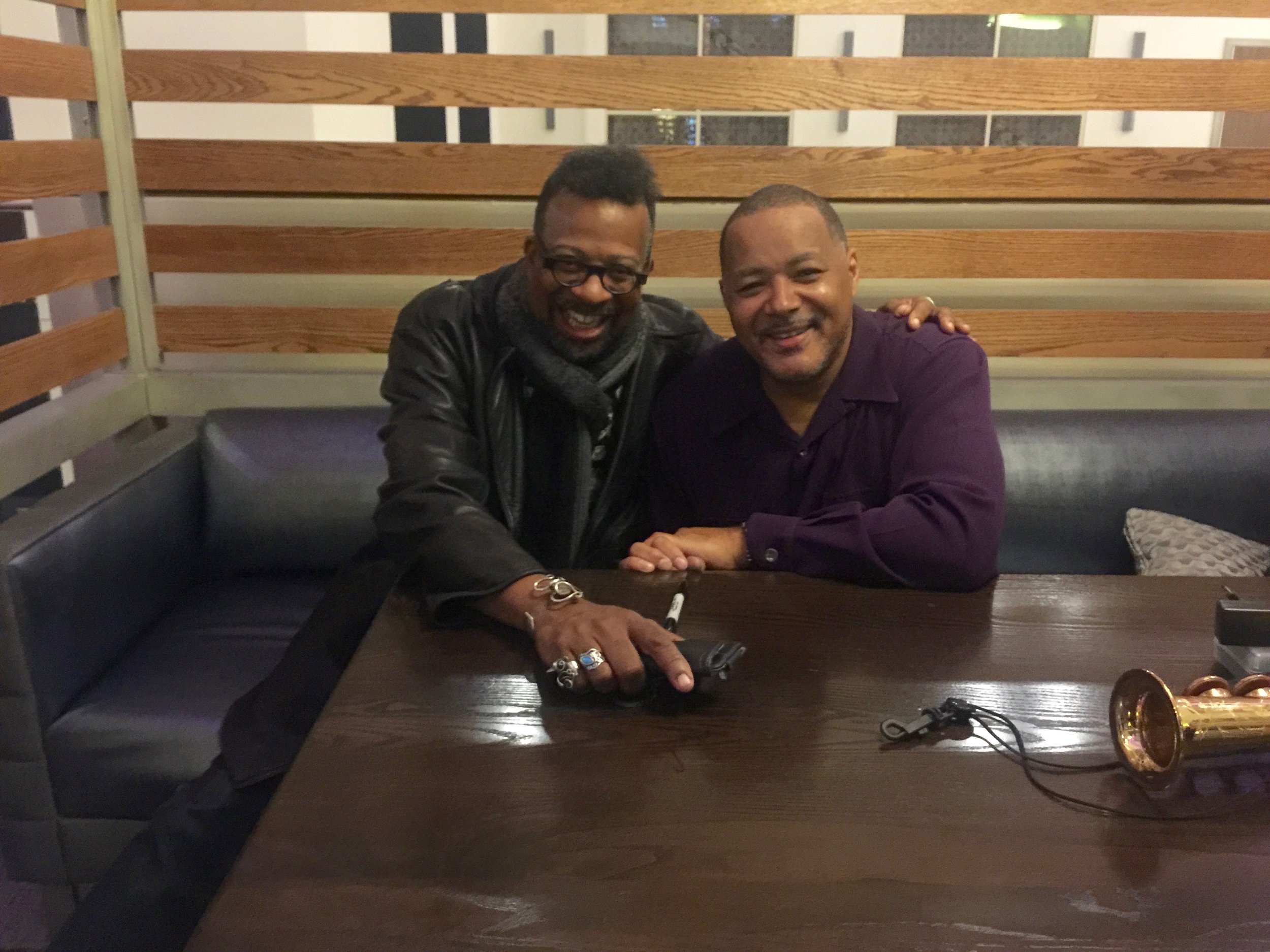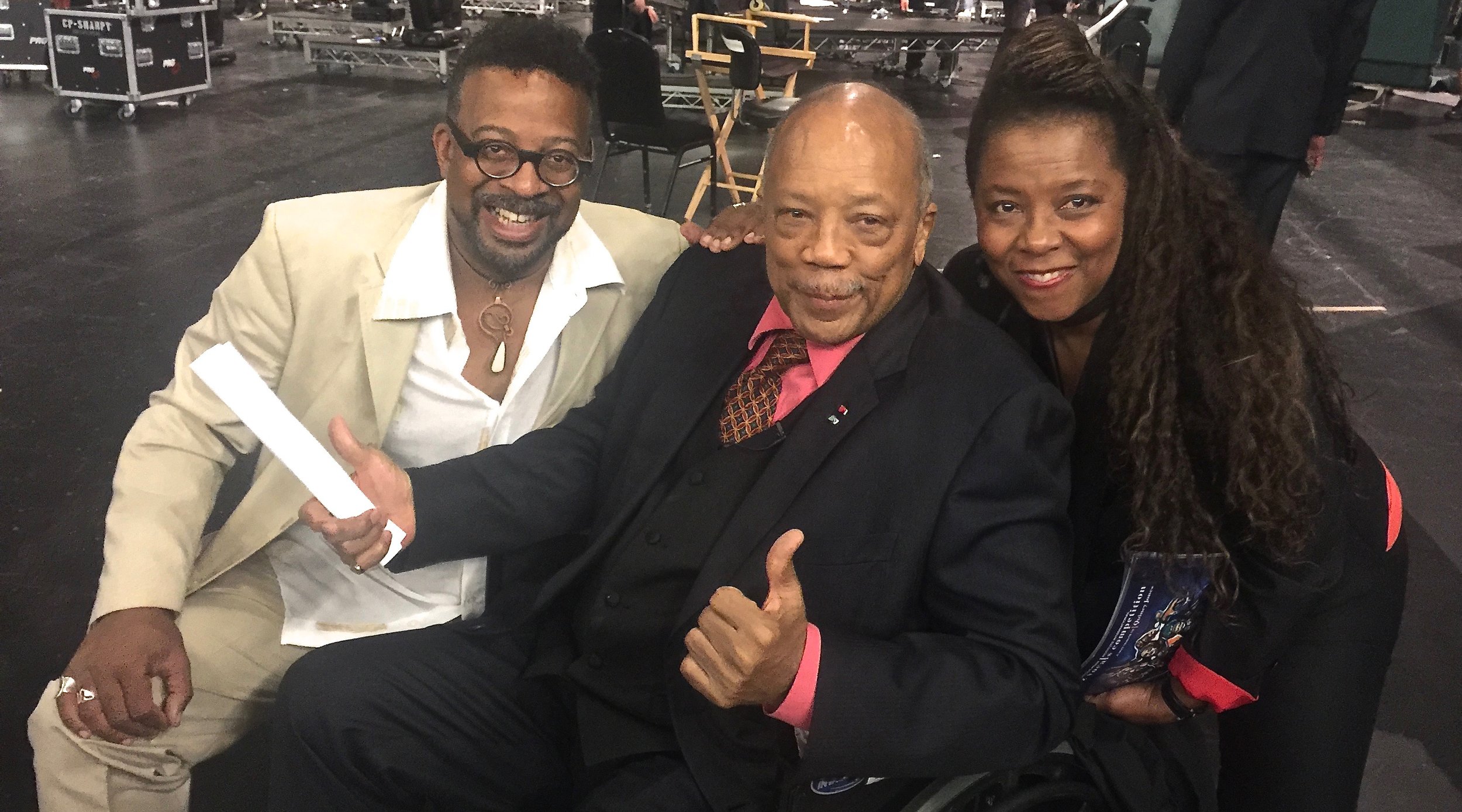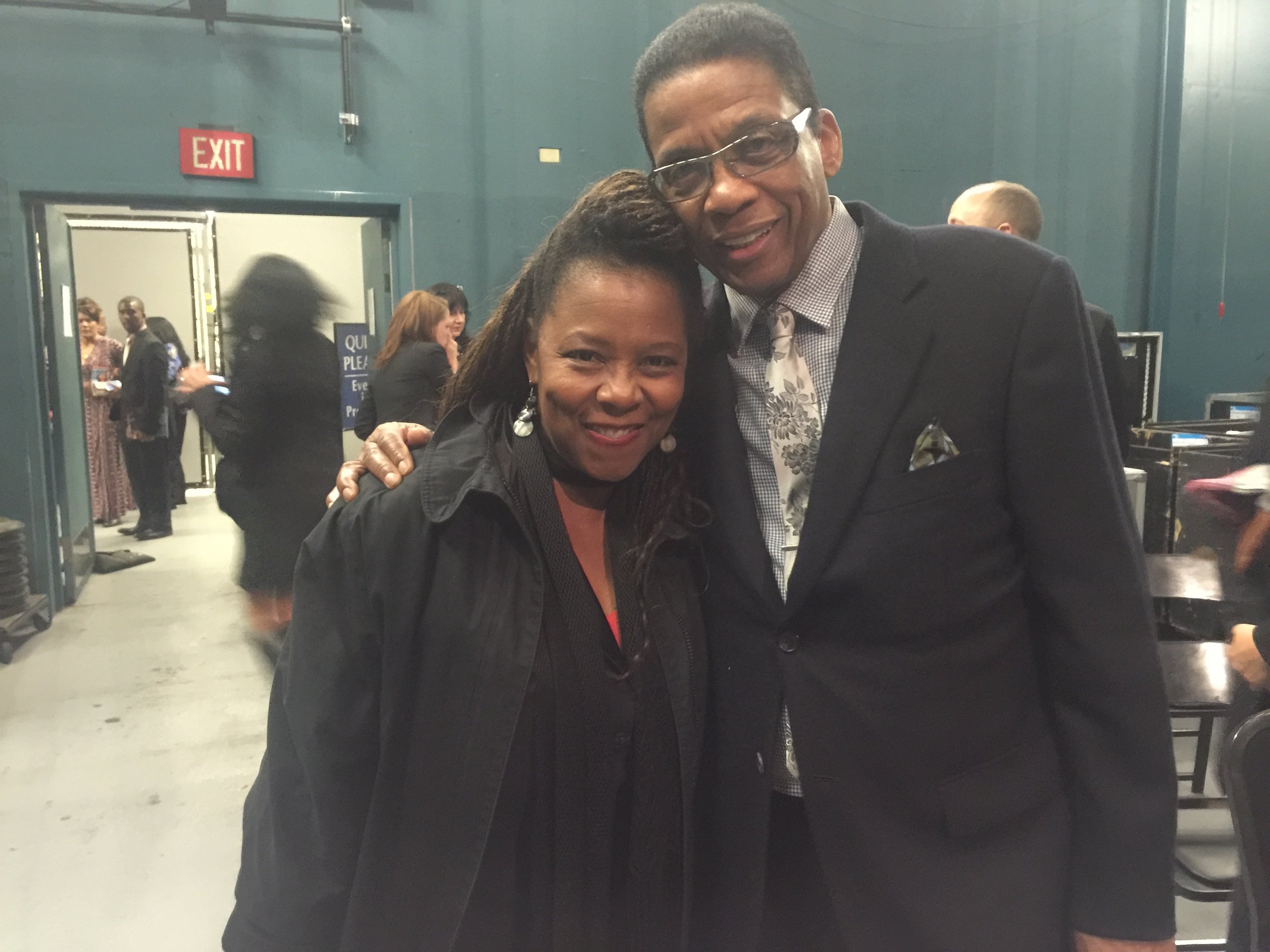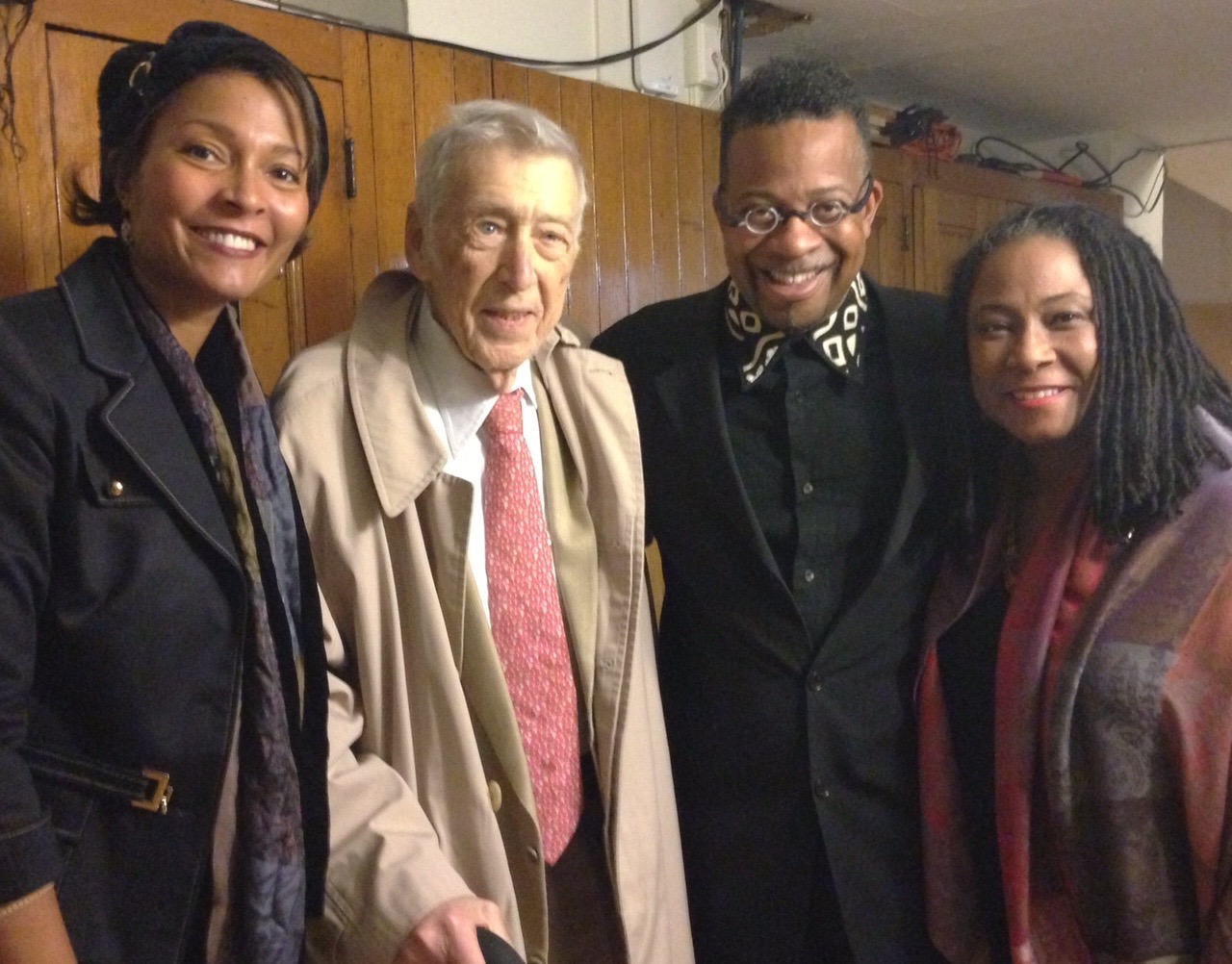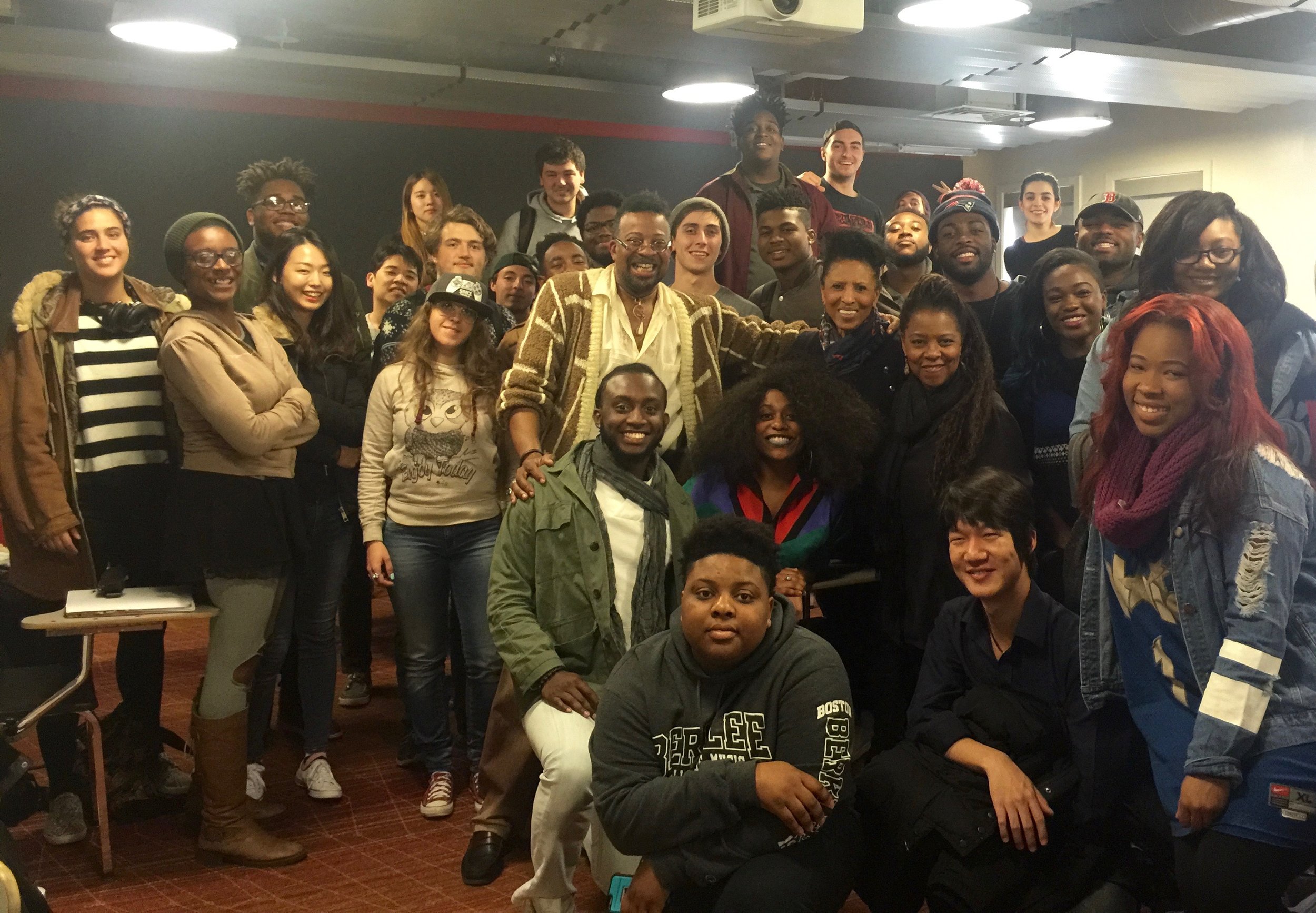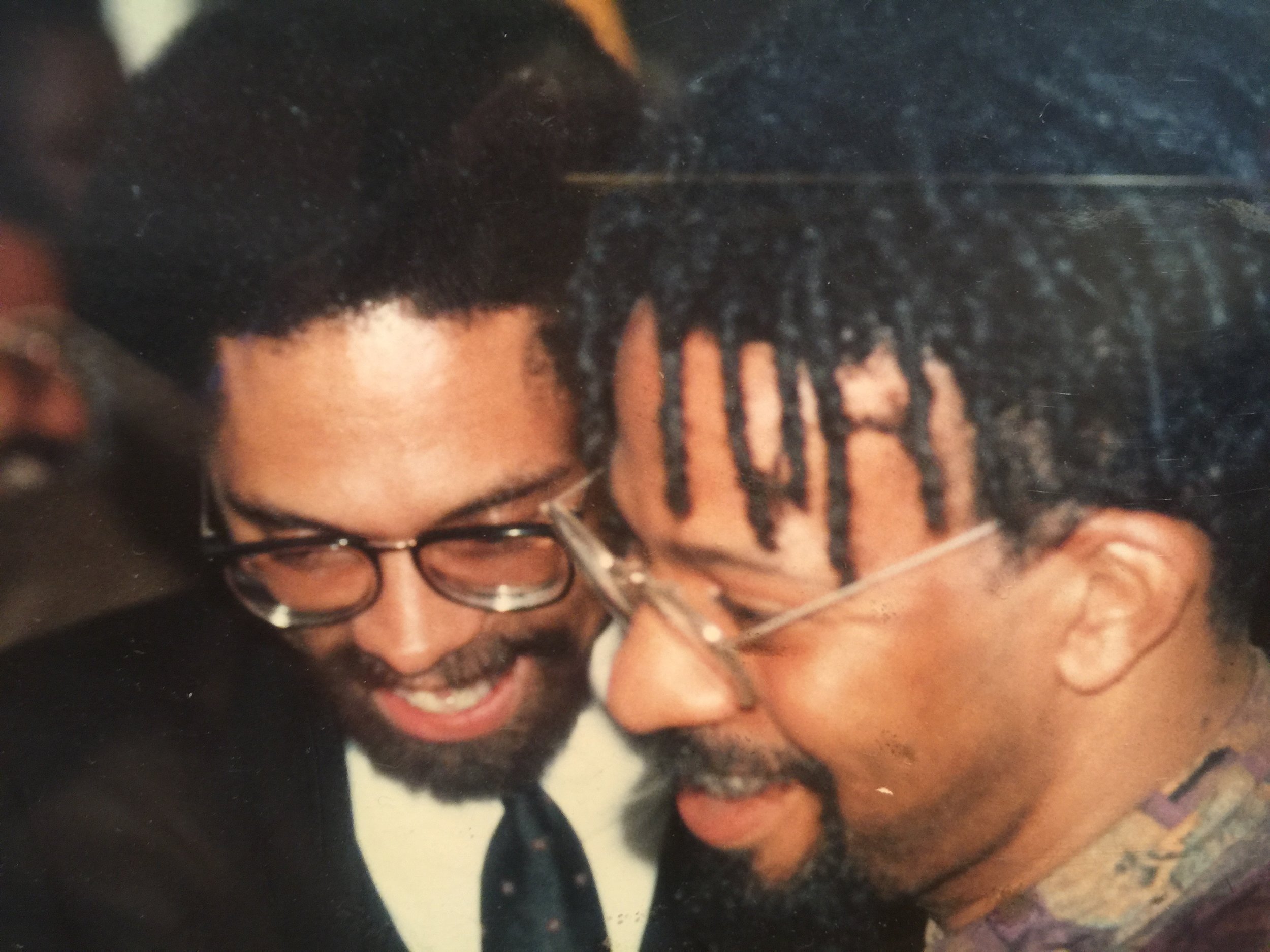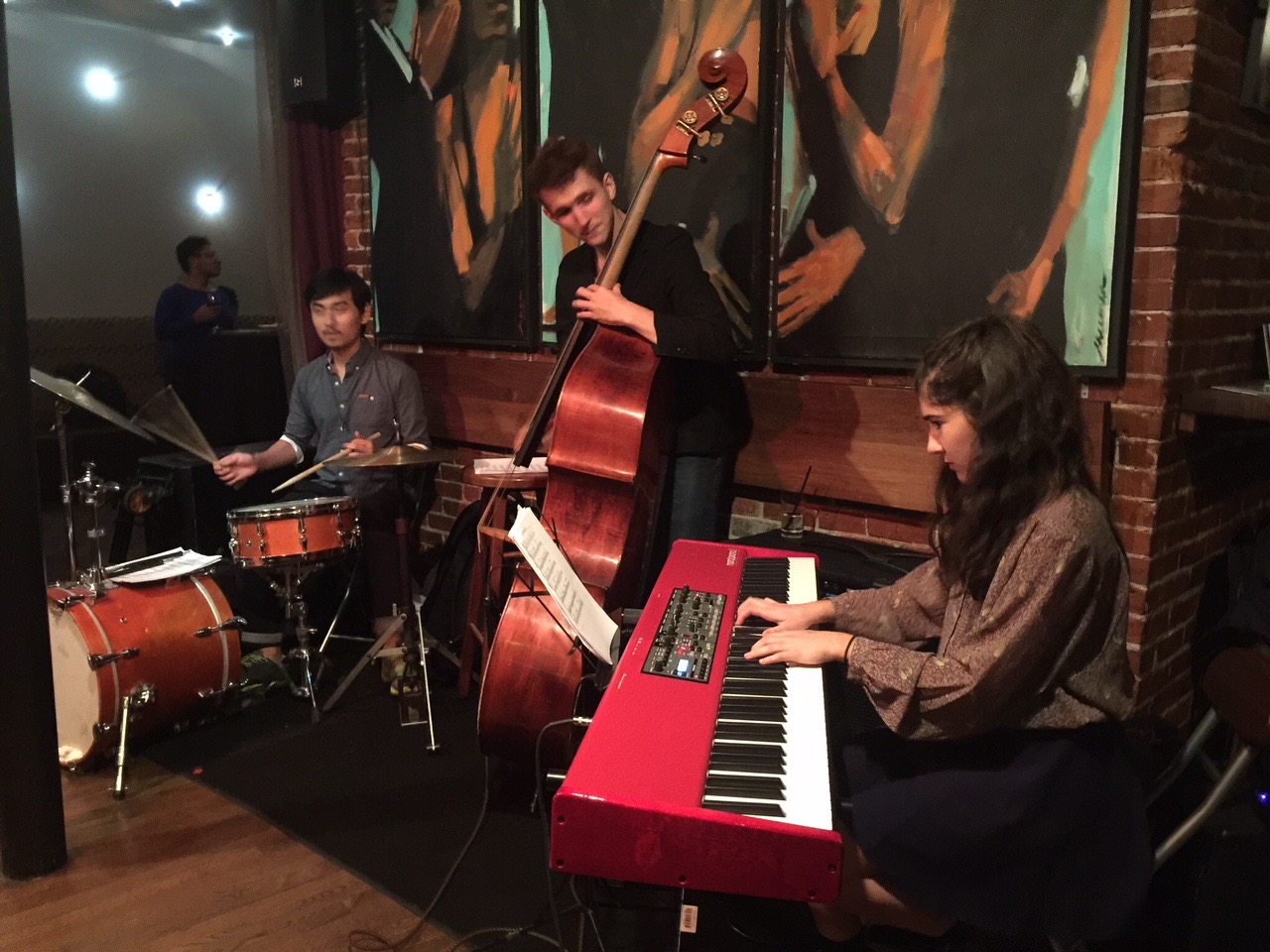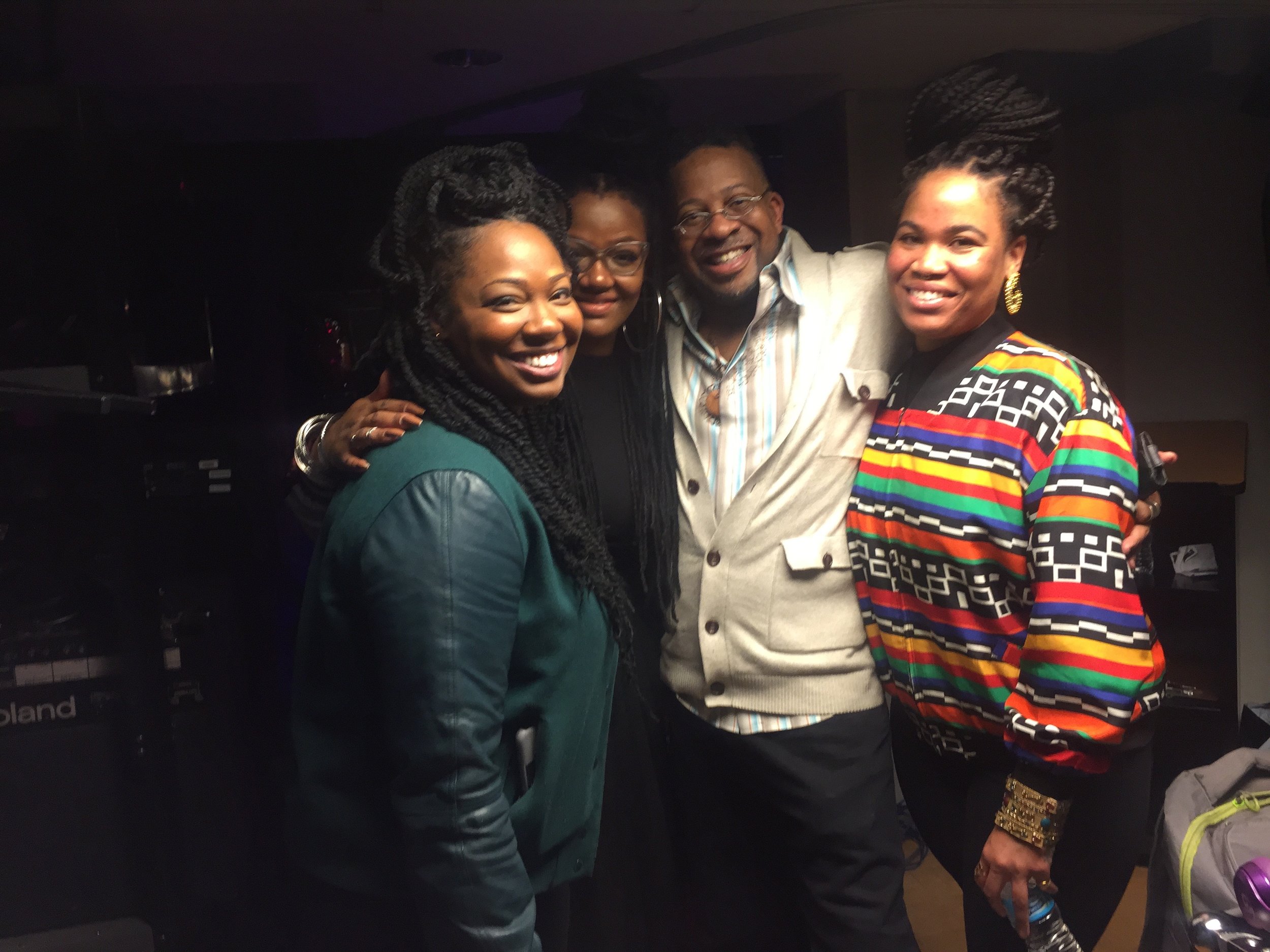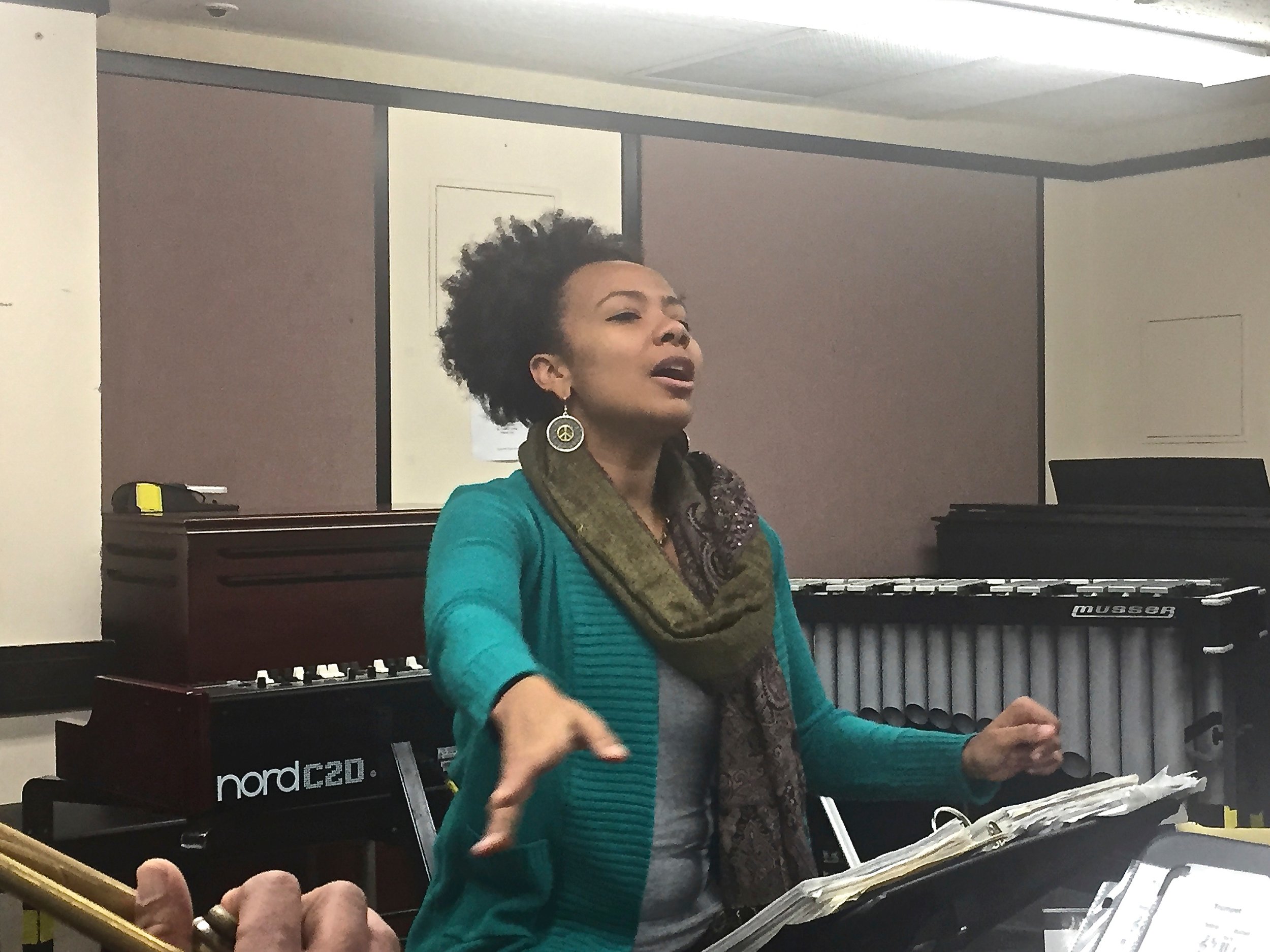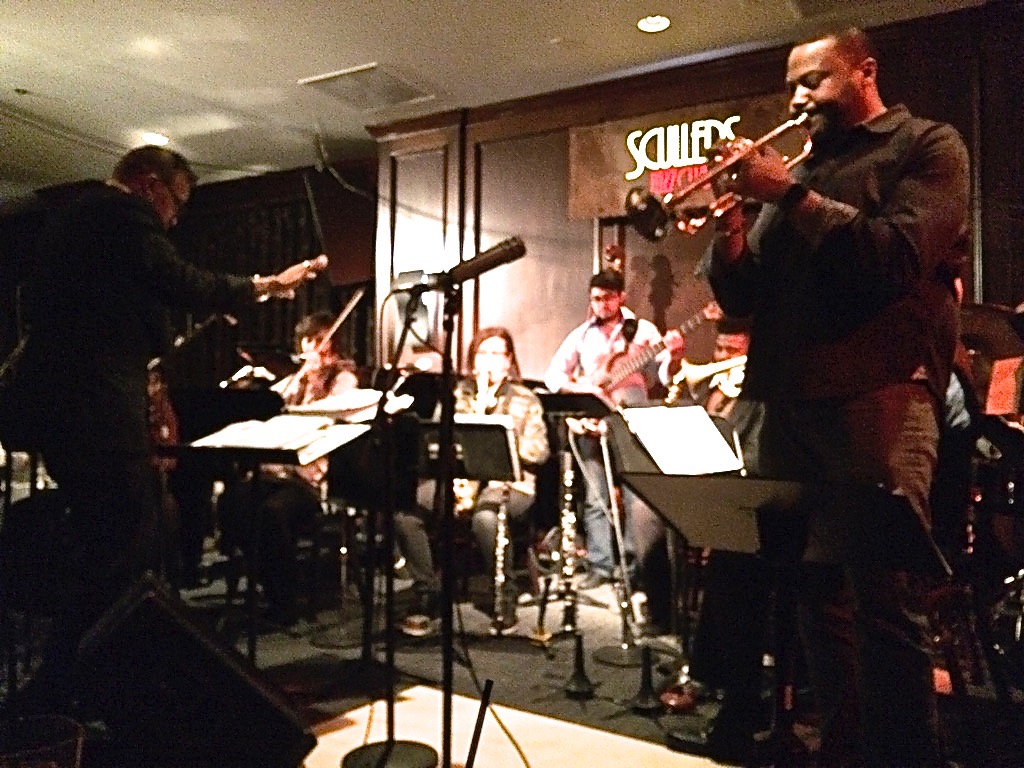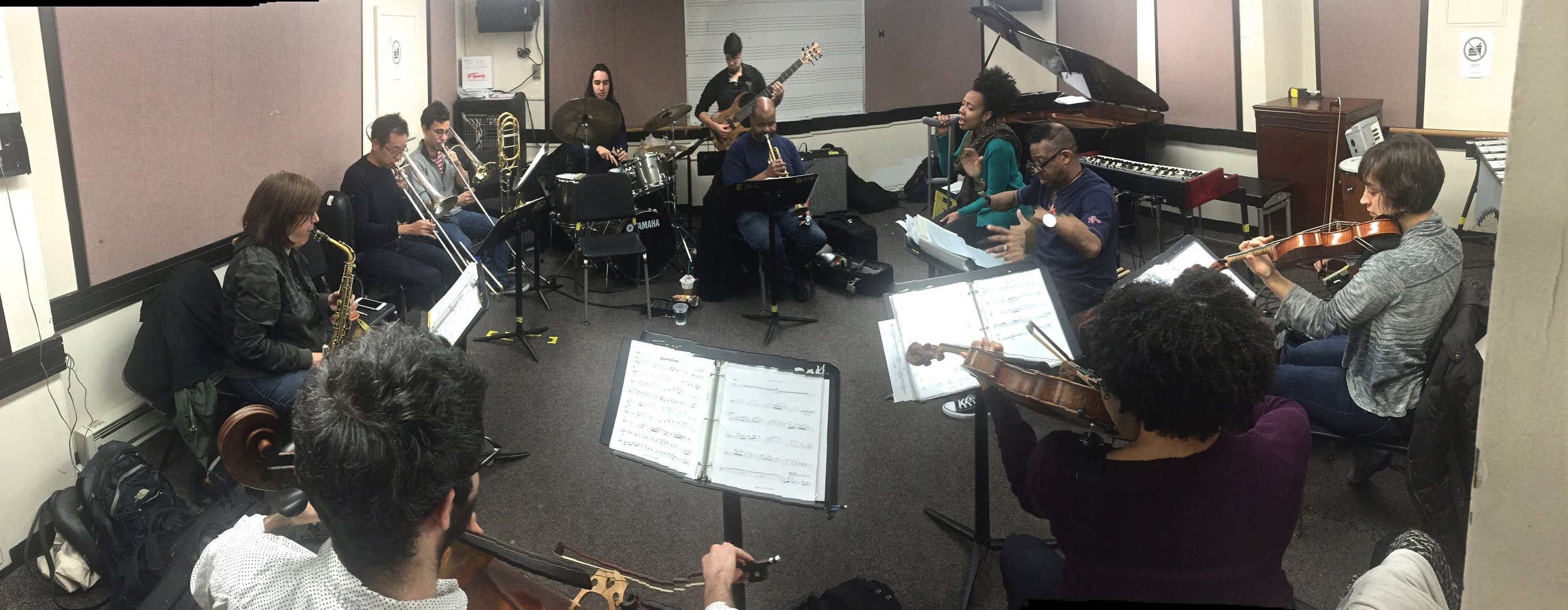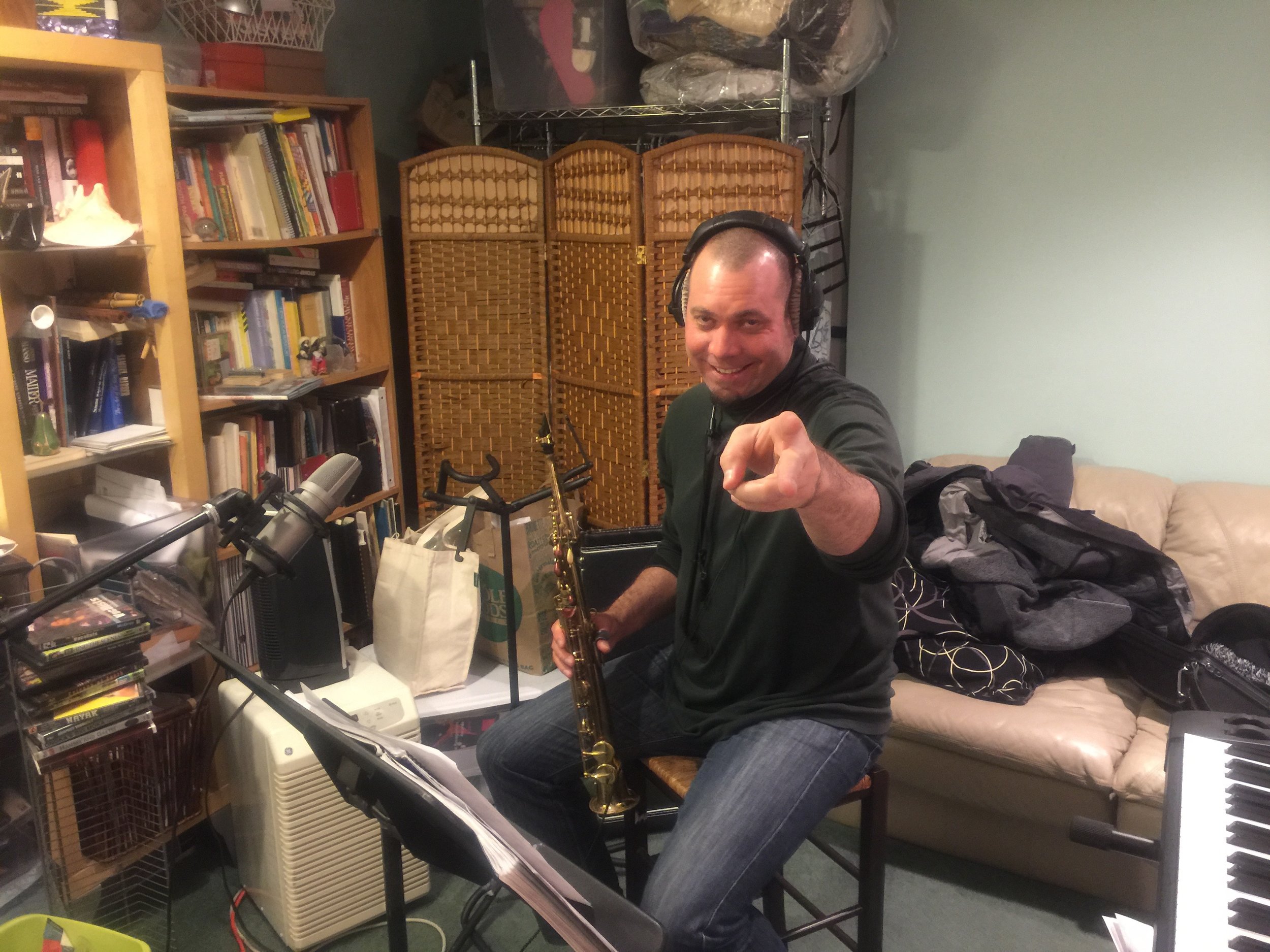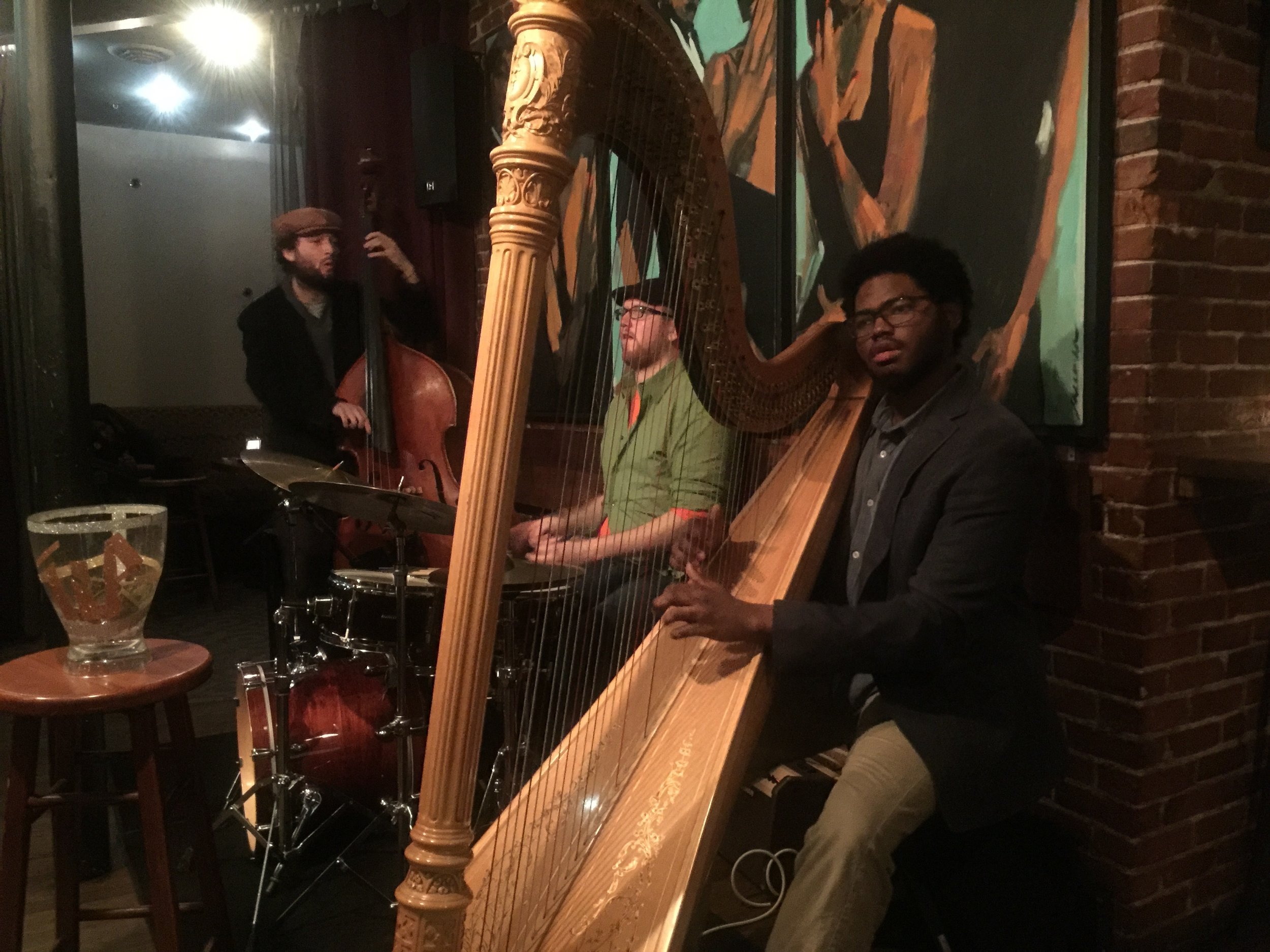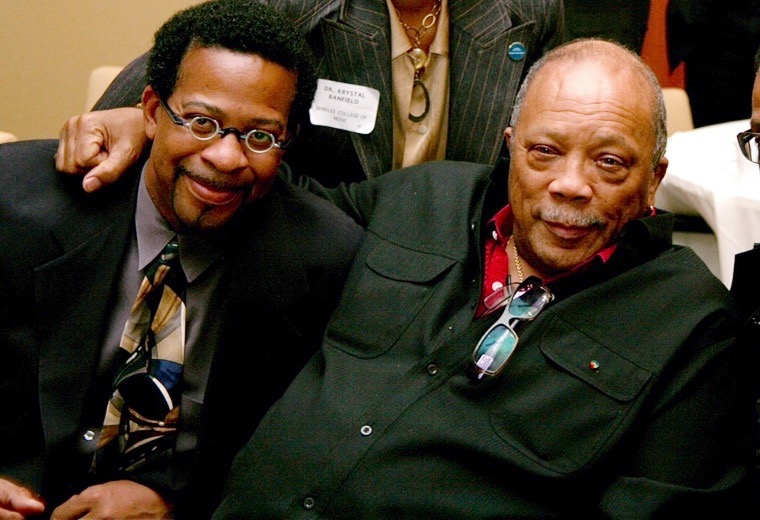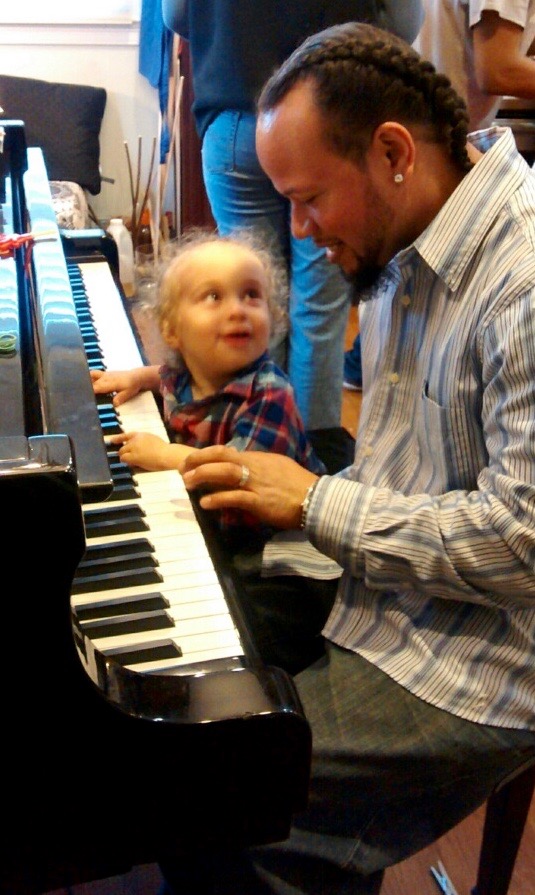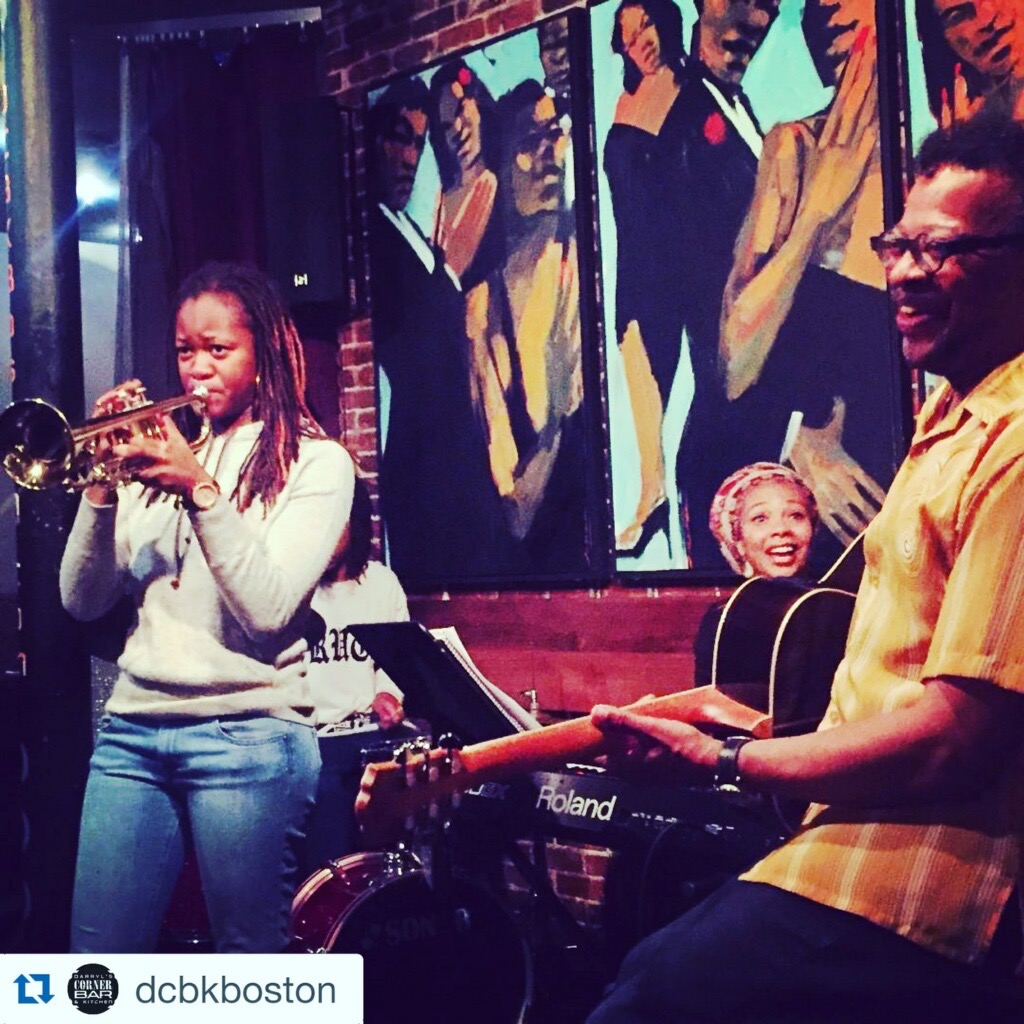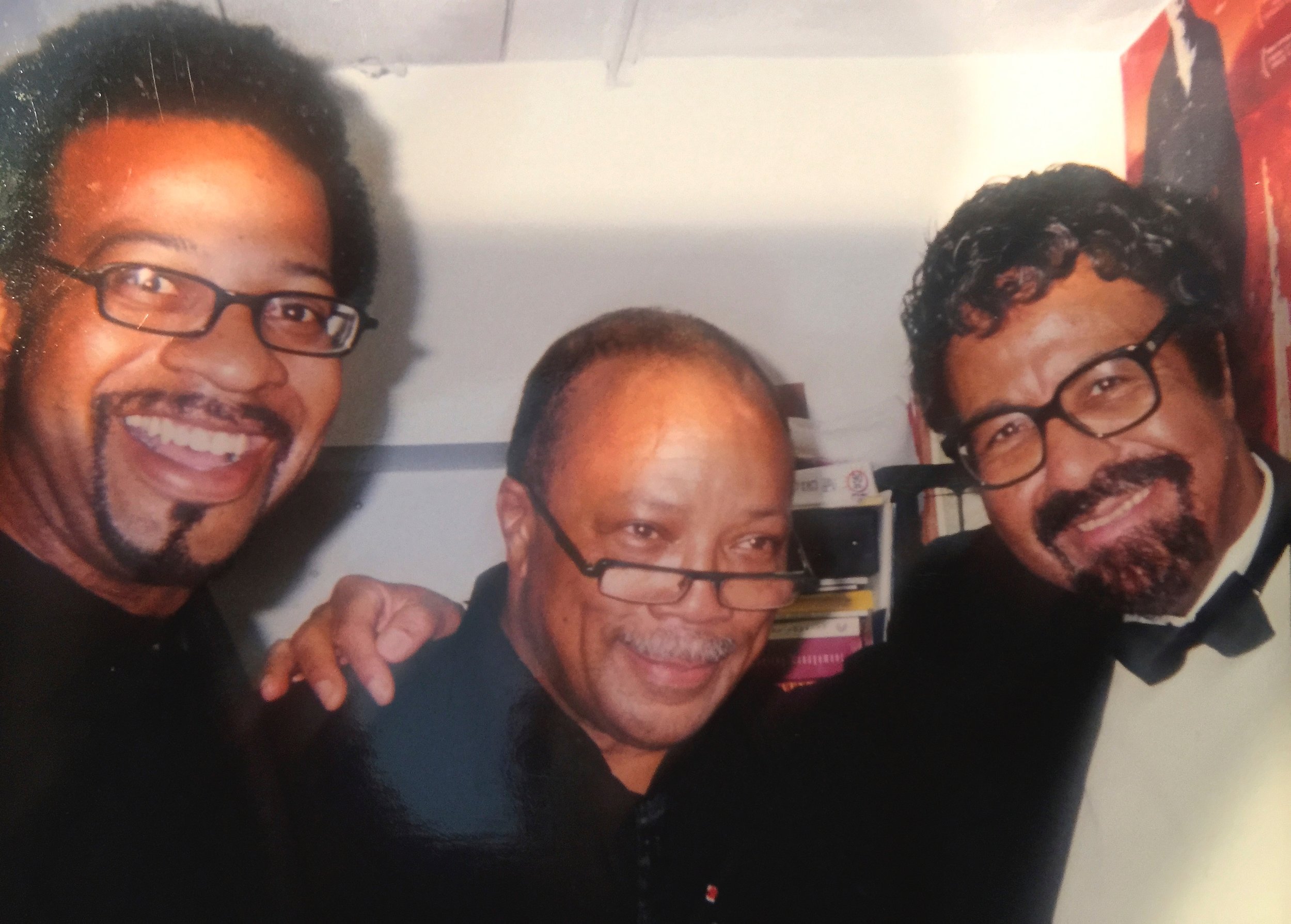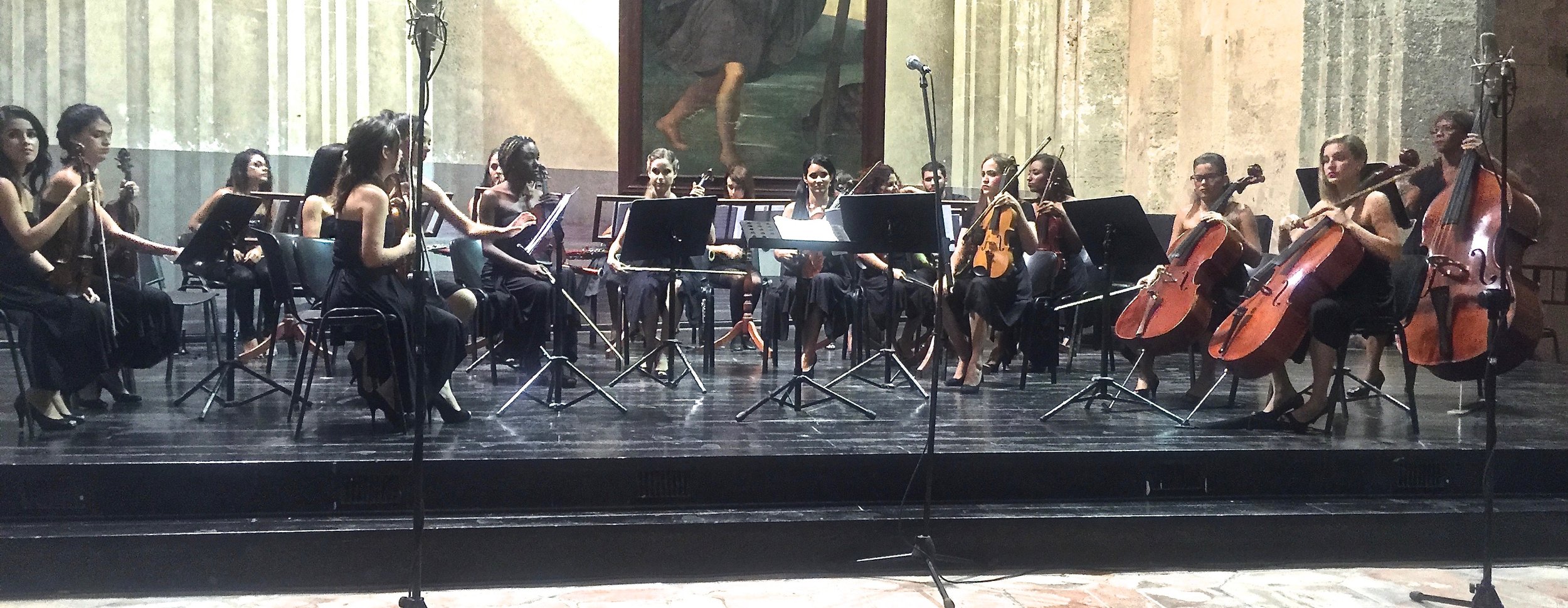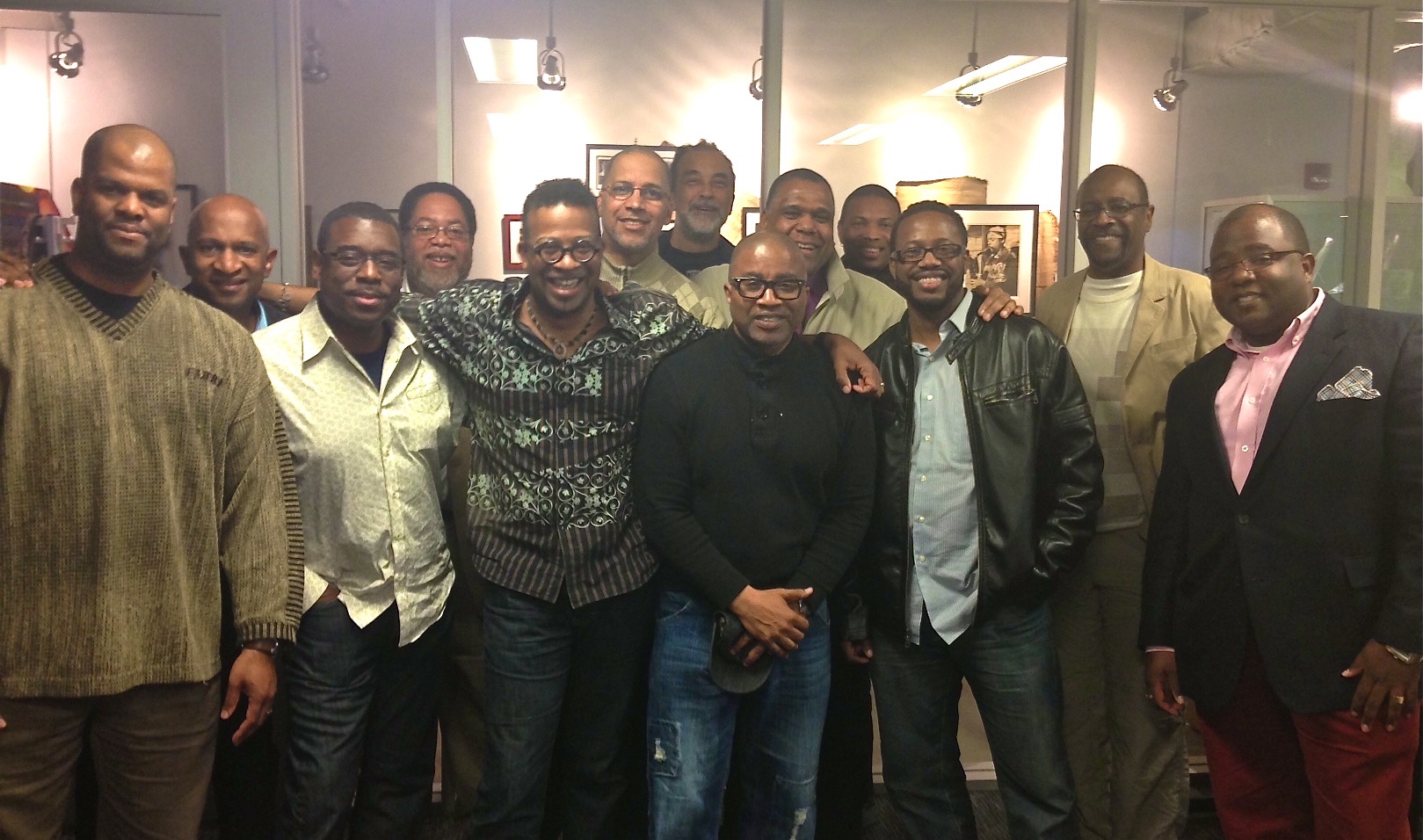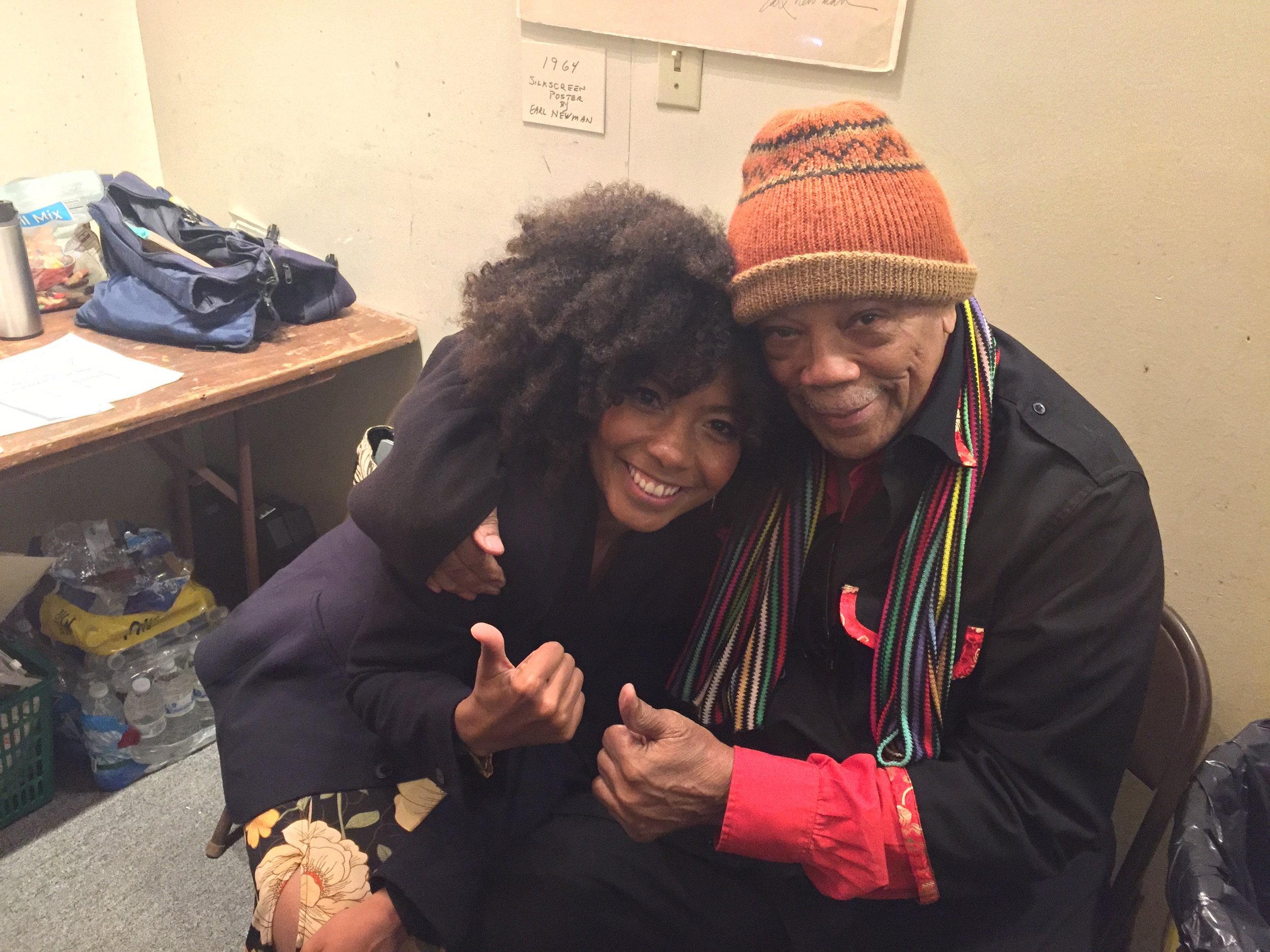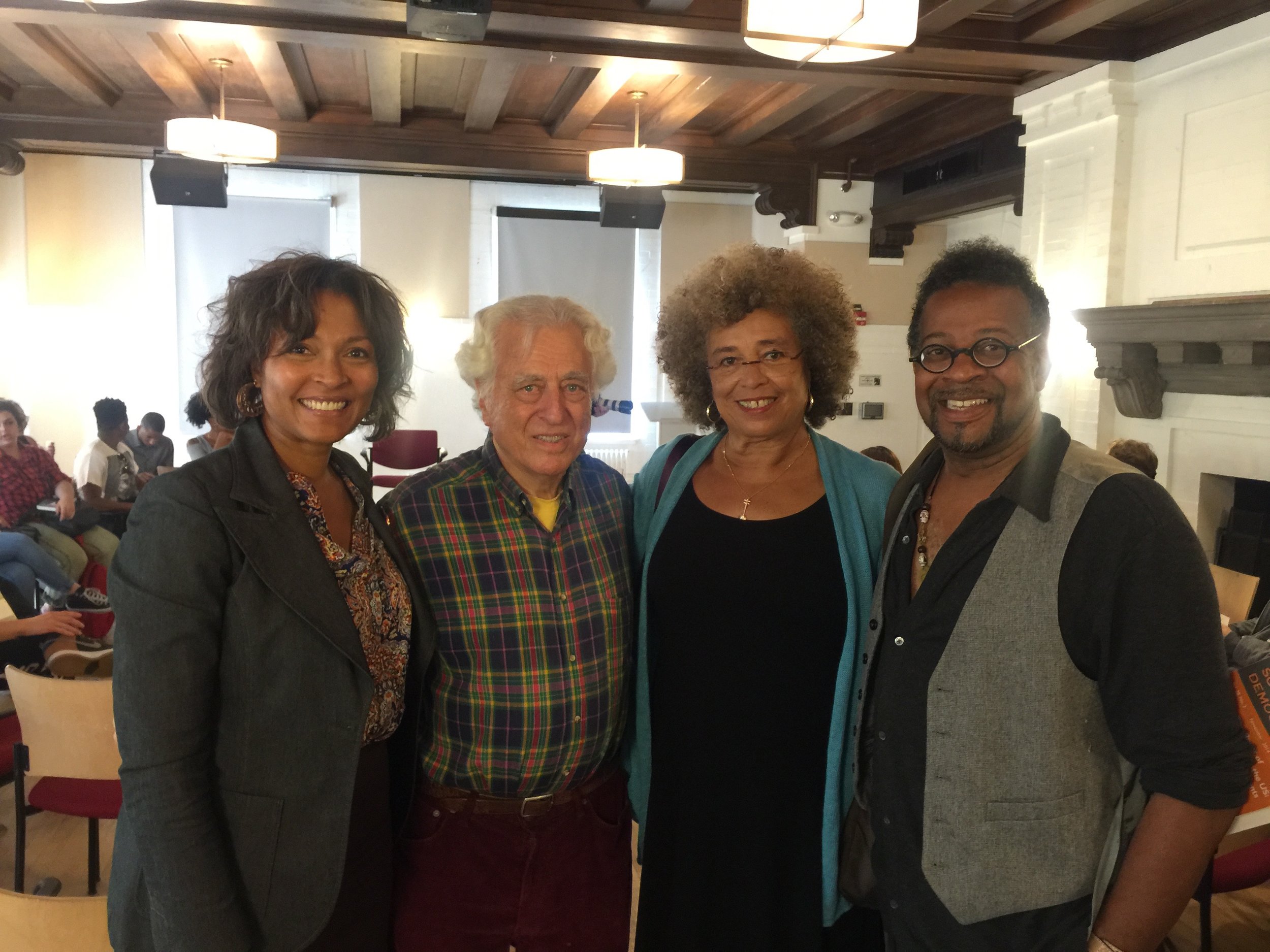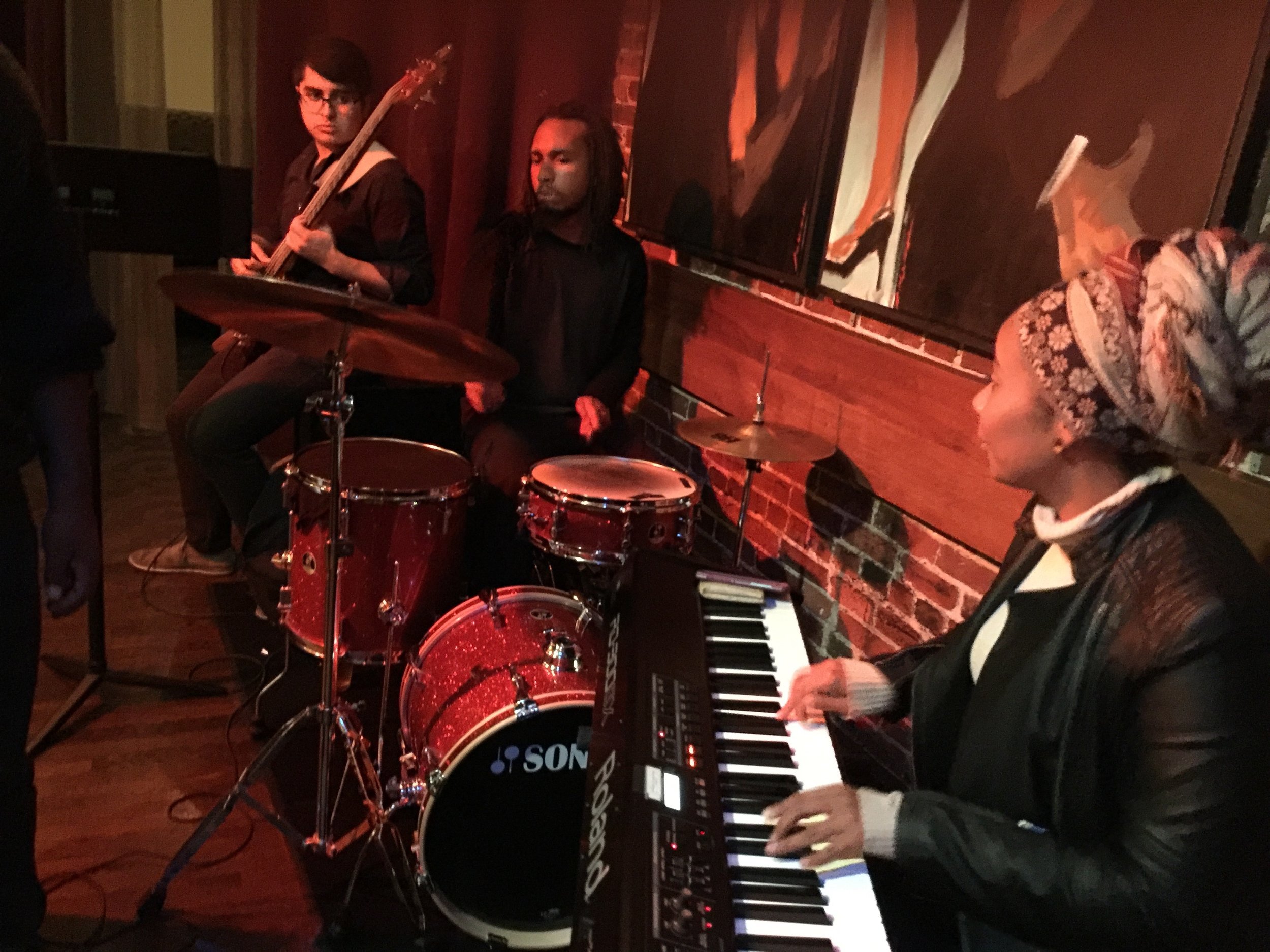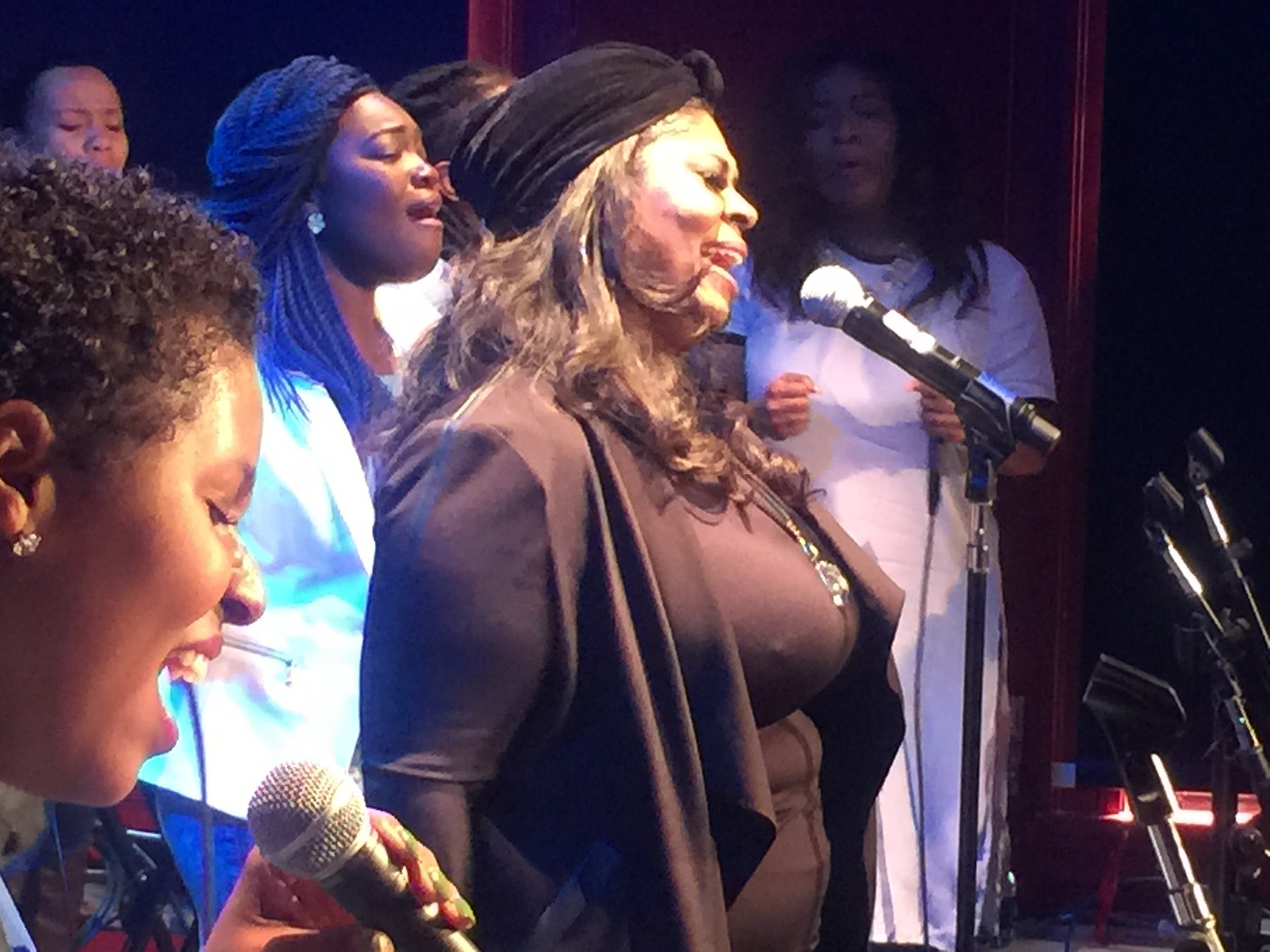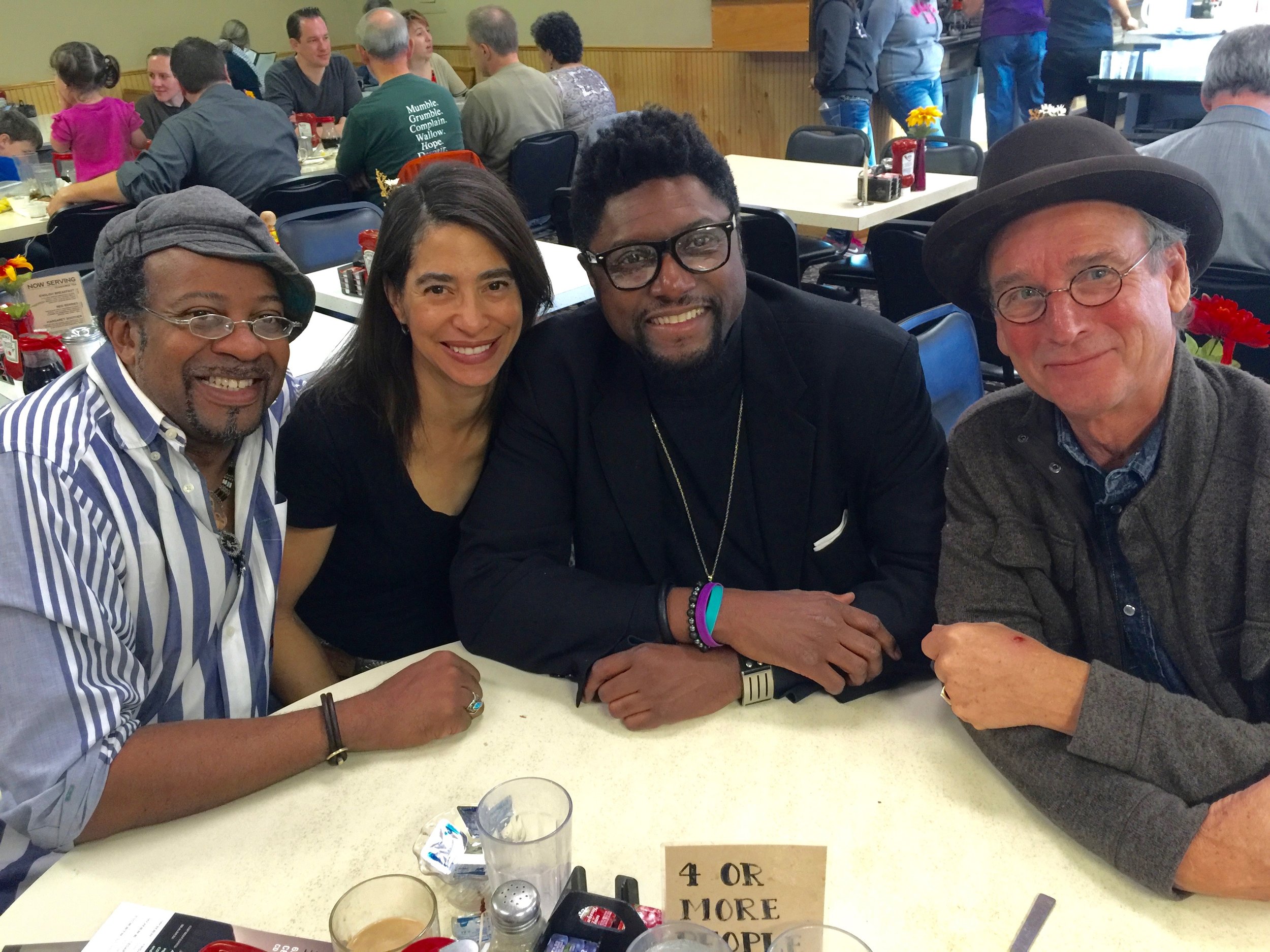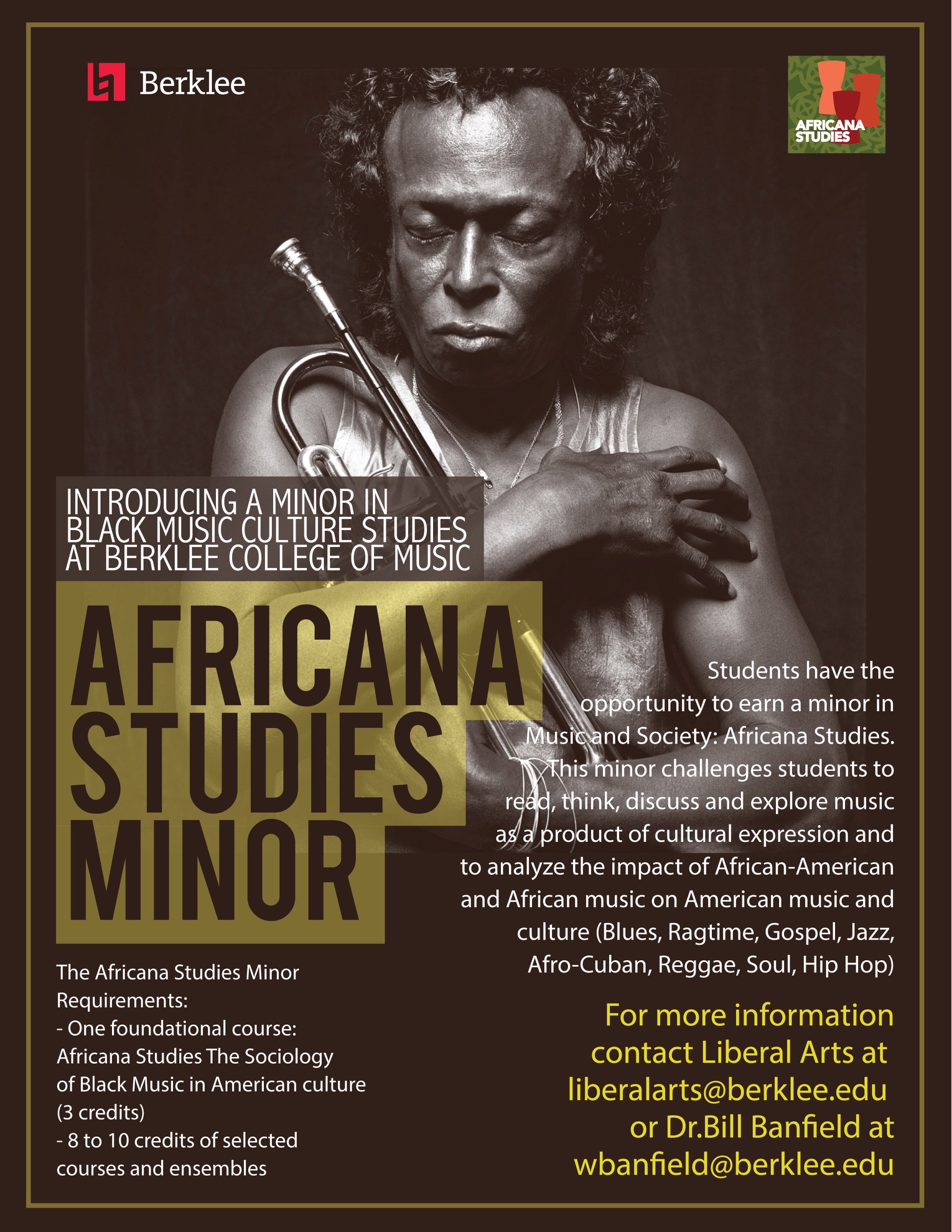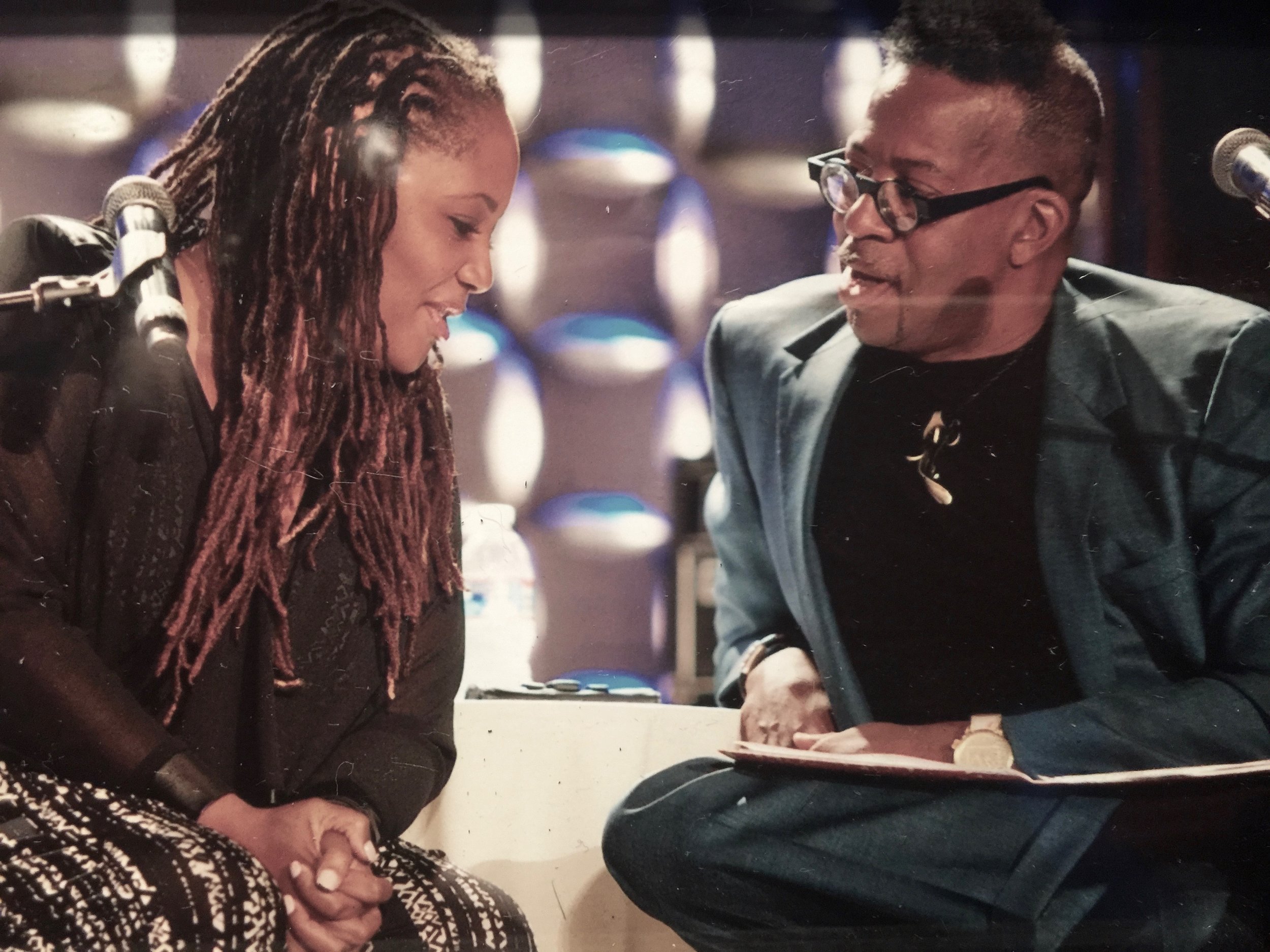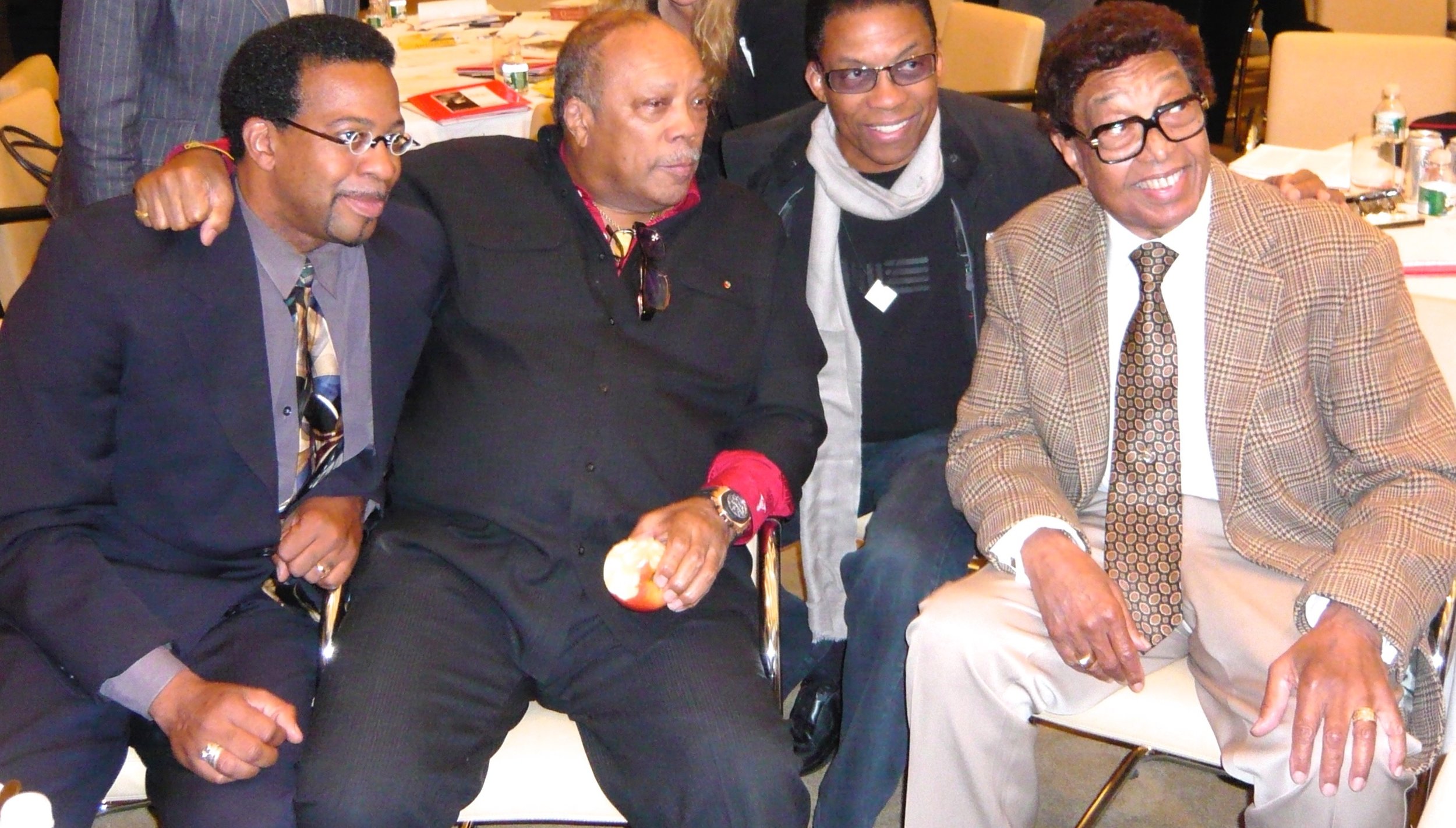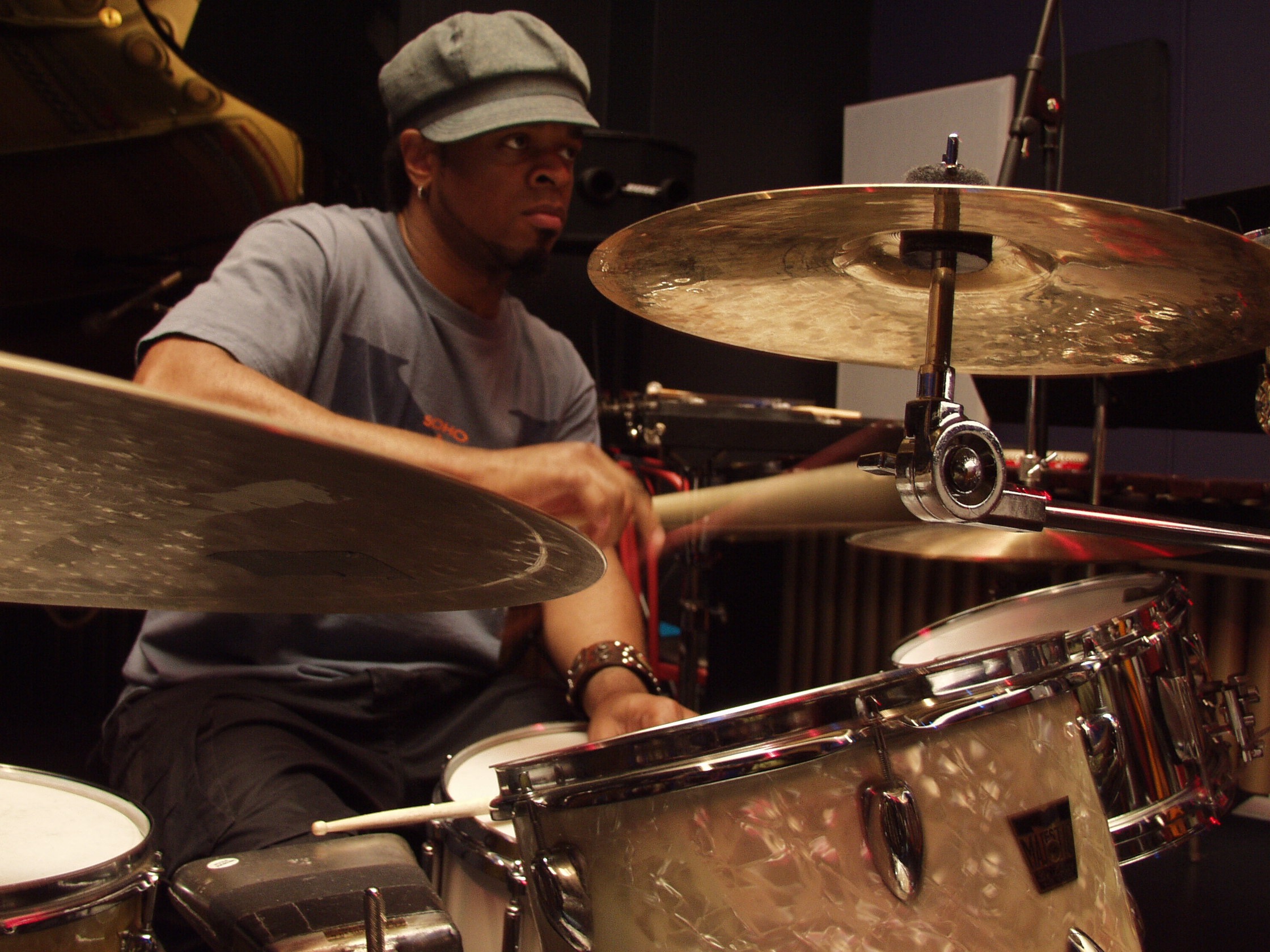In the past 25+ years, Bill Banfield has produced a body of productive music/ arts scholarship activities, books, compositions, recordings, establishing an active teaching, student and music/ lecture programming development, professional service and creative work, that contributes to contemporary arts leadership.
Banfield was appointed in 2019 as a research associate with the Smithsonian Center for Folklife and Cultural Heritage (CFCH), one of the Smithsonian’s 12 research and cultural centers. His work focuses on what he identifies as cultural through-lines, delineating the ways in which contemporary artistry and new works harken back and hold onto critical cultural linkages to understand.
Having served three times as a Pulitzer Prize judge in American music (2010, 2016, 2020), Banfield is an award winning composer whose symphonies, operas, chamber works have been performed and recorded by major symphonies across the country. Few have a wider, performed professional composing output, that has had public concert performances, reviews, radio, recordings of some 12 symphonies, 7 opera, 9 concerti, chamber, jazz and popular forms. This alone making Banfield one of the most performed, recorded composers of his generation. Banfield has been a national public radio show host having served as arts and culture correspondent for The Tavis Smiley Show. In 2010, he was hired by Quincy Jones to write a national music curriculum and book for schools learning about American popular music culture.
Dr. Cornel West has called him," one of the last grand Renaissance men in our time..a towering artist, exemplary educator, rigorous scholar, courageous freedom fighter..", and Henry Louis Gates wrote of him, “...Bill Banfield is one of the most original voices on the scene today.. he tunes us in to the conversation happening worldwide between the notes of contemporary musical culture.."
Banfield’s works have been commissioned, performed and recorded by orchestras including; the National, Atlanta, Minneapolis, Dallas, Akron, Detroit, New York Virtuoso, Grand Rapids, Akron, Richmond, Toledo, Savannah, Chicago Symphonia, Indianapolis, Sphinx, Sacramento, San Diego symphonies and the Havana Camerata of Cuba. In 2012, his symphony 10 was commissioned, premiered by the National Symphony at the Kennedy Center with Sweet Honey in the Rock, and his symphony 11 was performed, recorded in Switzerland with the Evoca/ECJ symphony and chorus.
His works as a composer and performing- recording jazz artist are carried on Atlantic, TelArc, CollinsClassics (London), Centaur, Albany/Visionary recordings and Innova records. His music has been performed and/or recorded by; George Duke, Patrice Rushen, Don Byron, Leon Bates, Christian Scott, Najee, Ron Carter, Delfeayo Marsalis, Greg Osby, Teri Lynn Carrington, Oliver Lake, Regina Carter, Rachel Z, Jon Faddis, Marcus Belgrave, Billy Childs, Nnenna Freelon, Alphonso Johnson, Ndugu Chancelor, and Nelson Rangel.
OTHER ACADEMIC APPOINTMENTS
Dr. Bill Banfield has served as Professor of Africana Studies/Music and Society, founding director of the Center for Africana Studies/Liberal Arts and teaching in the dept. of composition and the graduate program Berklee College of Music, now retired (2005-2020). The college named him, Professor Emeritus founding director of Africana Studies/Center.
He served as the Endowed Chair Humanities, Fine Arts, professor of Music, director of American Cultural Studies/Jazz, Popular, World Music Studies, University of St. Thomas, MN (1997-2005). Banfield served as assistant professor, African American Studies/Music, Indiana University (1992-1997) where he developed the Undine Smith Moore Collection of Scores and Manuscripts of Black Composers.
In 2002, he was as a W.E.B. Dubois fellow at Harvard University and was appointed by Toni Morrison to serve as the visiting Atelier Professor, Princeton University, 2003. In 2005, he was visiting professor of Composition, University of Minnesota. In addition he has lectured and been in residence at; Duke, Fisk, Morehouse, Spellman, Carnegie Mellon, University of Virginia Tech, Augsberg, U of Texas, Michigan, Maryland, Atlanta U, Bowling Green State, St. Augustine, North Central State, Augusta Gustavia, U North Carolina, U Penn, Butler, Hunter, U of Richmond, U of Connecticut,Massachusetts (Amherst), U of Southern Alabama, Louisiana College, Louisiana State University at Alexandria, Bishop State College.
EDUCATION
A native Detroiter, he received his Bachelor of Music from the New England Conservatory of Music in Boston, a Master of Theological Studies from Boston University and a Doctor of Musical Arts in composition from the University of Michigan. His formal composition studies were under, T.J Anderson, George Russell, Theodore Antoniou, Bill Bolcolm, and Bill Albright.
PUBLICATIONS, AS AN AUTHOR
He has authored 6 books on music, arts and cultural criticism, history and biographies, covering everything from contemporary Black composers, to Ornette Coleman, Nikki Manaj and Kendrick Lamar; Landscapes in Color: Conversations With Black American Composers(2002), Black Notes: Essays Of A Musician Writing In A Post Album Age(2004), Cultural Codes: Makings Of A Black Music Philosophy( 2010, Scarecrow Press), Representing Black Music Culture( 2011), Ethnomusicologizing: Essays On Music In a The New Paradigms and Pat Patrick: American Musician and Cultural Visionary.( Scarecrow Press)
PRODUCING
Bill Banfield is founder/ director of JazzUrbane, a contemporary jazz art recording label, dedicated to producing creative new artists. The seminal project released in 2014, was produced by legendary icon George Duke, and included such leading artists as; Christian Scott, Terri Lyn Carrington, Najee, Greg Osby, and Grace Kelly. The label has already produced and released, 8 albums now heard internationally.
”Banfield swings between music genres... he doesn’t choose one camp over the other… his works run the kind of gamble that baffles record company executives and makes jazz radio music directors spin their wheels trying to figure him out.”
Downbeat Magazine
“Composer and musicologist Bill Banfield is one of the most original voices on the scene today, and in his new book of essays, Ethnomusicologizing, he tunes readers in to the conversation happening worldwide between the notes of contemporary musical culture. Not only do his musings help us make sense of the places and periods of change across generations, from jazz to hip-hop, the Harlem Renaissance to Cuba; they remind us that we each play a part, as makers, producers, listeners, or consumers, in the symphony of expression marking the beats of our journey here on earth.”
Henry Louis Gates, Jr. - Alphonse Fletcher University Professor, Harvard University
"Banfield is important on several levels… form, architecture, poetic, well conceived, thought provoking prose, sense of immediacy, a unique communication steeped in American folklore.”
Delfayeo Marsalis
"Mr. Banfield's work (Symphony No. 6) is filled with American rhythms, jazz harmonies and warm romantic melodies which are woven all at once into a reflective work of nostalgic subtlety and quite understanding.”
Cleveland Plain Dealer
"William Banfield is one of the last grand Renaissance men in our time. He is a towering artist, exemplary educator, rigorous scholar, courageous freedom fighter, and spiritual genius. To put it bluntly, Brother Banfield represents the best of the richest tradition in the modern world- the Black music tradition."
Dr. Cornel West
“William Banfield is extremely well qualified to have written this book. Here is a project that brings together all of his gifts as a scholar, an academic, and a musician—one who has played in many different contexts and has composed for them as well. Nothing like this has ever appeared before, and that could be because no one as qualified as Banfield has made the choice to take on a project of this magnitude. His belief comes down to something he likes to say about the role of those who work in culture, which is ‘to illuminate the world.’ This book contains, as it should, plenty of light.”
Stanley Crouch
"A valuable guide to the repertoire... "
Times Union
“Dr. Banfield is undertaking a daunting task defining Black music. [His] text is without a doubt a significant contribution to the research that has been and is continuing tobe collected for present and future scholars who are engaged in solving the riddle of who Americans really are. This approach creates many more questions than answers, but at this time in our history, literature of this nature is a welcome respite to the alternative of sociopolitical and historical subterfuge perpetrated through the mythology of the dominant culture. This is a must-read.”
Ellis L. Marsalis - Professor Emeritus, University of New Orleans
